Crossovers. You know the type: cars that betray and corrupt their family hatch origins because their owners would rather look like the rugged SUV types they are clearly not, and with results that are rarely satisfactory.
However, there is another kind of crossover, too rarely championed today, that finds no such conflict in its attempts to combine the strengths of two entirely different disciplines, yet without detriment to either. Because their USPs lie at opposite ends of the car, there is no good reason, in theory at least, why a sporting car cannot also be a commodious family estate.
Indeed, with the additional mass at the back and the more even weight distribution that results, you could argue that a front-wheel-drive station wagon provides a better basis for a properly balanced performance car than a hatchback. The only issue is that the real-world potential of such cars has been stymied by their thirst.
Until now. The three high-performance diesel estates we’ve gathered here claim to let you not only have your cake and eat it but also avoid being sick shortly thereafter.
Their essential proposition is to blend large-car carrying capacity and shopping car fuel consumption with properly sporting performance and handling at a price that undercuts the cheapest, most miserably powered and equipped BMW 316d Touring. It’s a neat trick and one that makes them crossovers of real value, in contrast to those models to which the term is often so thoughtlessly applied.
The most expensive of this trio, partly because it is available only with an automatic gearbox, is the Peugeot 308 SW GT HDi 180. If the firm’s recent product renaissance is a reliable guide, it should fight hard for victory here, even at a premium-sounding £26,845.
Seat takes the alternative approach with its Leon ST FR 2.0 TDI. At £23,815, it undercuts the Peugeot by more than £3000 yet, on paper at least, offers convincingly better performance. Based on the VW Group’s all-conquering MQB platform and, crucially, equipped with the sophisticated multi-link rear suspension denied to cheaper Leons in the range, it fights on a front stiffened by VW-derived engineering integrity at a conspicuously attractive price. More for less, in other words.
Into the disputed territory between the two wades the new Ford Focus ST TDCi. It’s a significant moment because, while it’s not Ford’s first fast diesel, never before has one been accorded an ST badge, nor been marketed as an overtly sporting product. In most popular ST-2 guise, the Focus is priced between its rivals, with claimed performance and fuel consumption also apparently occupying the centre ground.
However, we’ve come to expect more from a Ford ST than the figures suggest, although time alone will tell whether even Ford can sprinkle its usual stardust on underpinnings as apparently prosaic as a diesel estate’s.
The first surprise is that the Peugeot makes the early running. The Leon looks clean and the Focus quite cool in a perhaps rather obvious way, but the 308 alone seems to have a visual class and quality that does more than justify its price. While the inside of the Leon is constructed and arranged with typical VW fluency and order, there’s neither surprise nor delight in here. It’s functional and effective but austere, too.
The Focus suffers for different reasons. The driving environment is now more cohesive than in the past, but the way information is presented is both the least attractive and intuitive of the three. In contrast, the 308’s cabin looks like it could be a concept for a new interior language from Audi. It combines minimalist design with the most expertly chosen materials to visit this kind of car. I do not and will not ever like the valueless idea of locating the dials higher than the steering wheel, but the 308’s cabin is a great place in which to sit and soak up the miles.

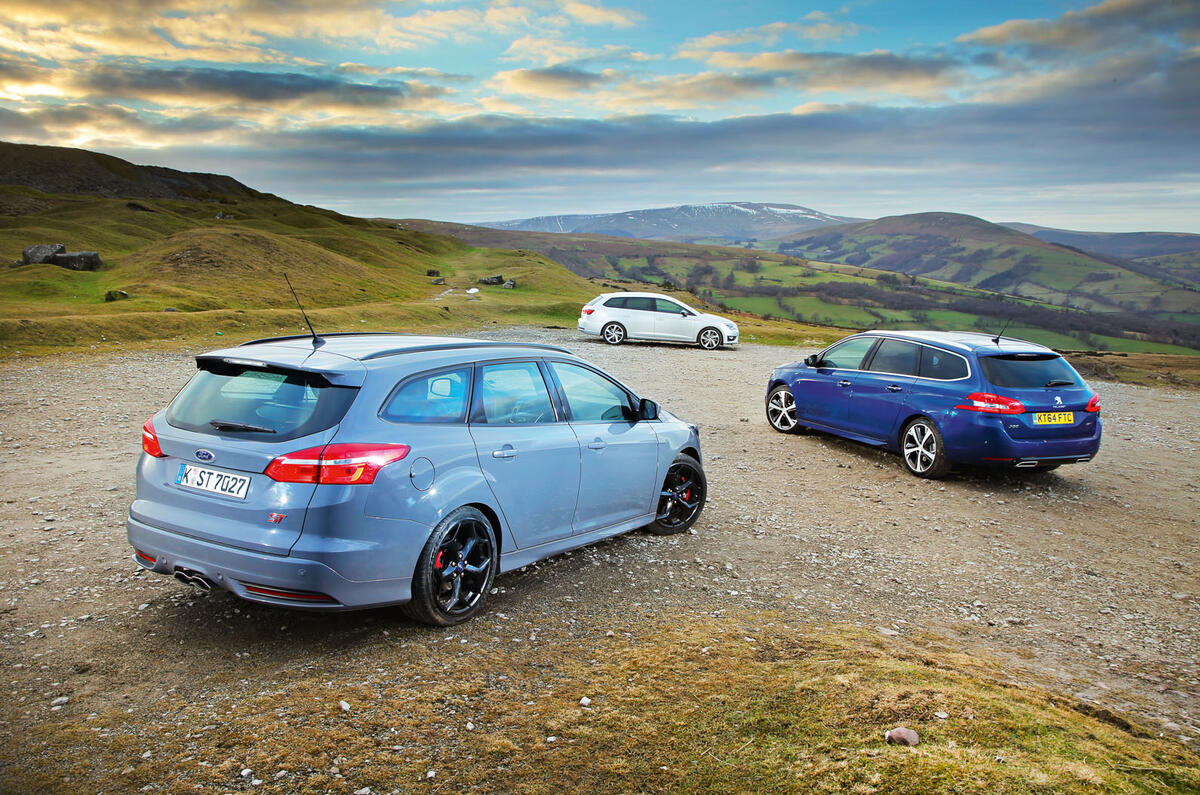
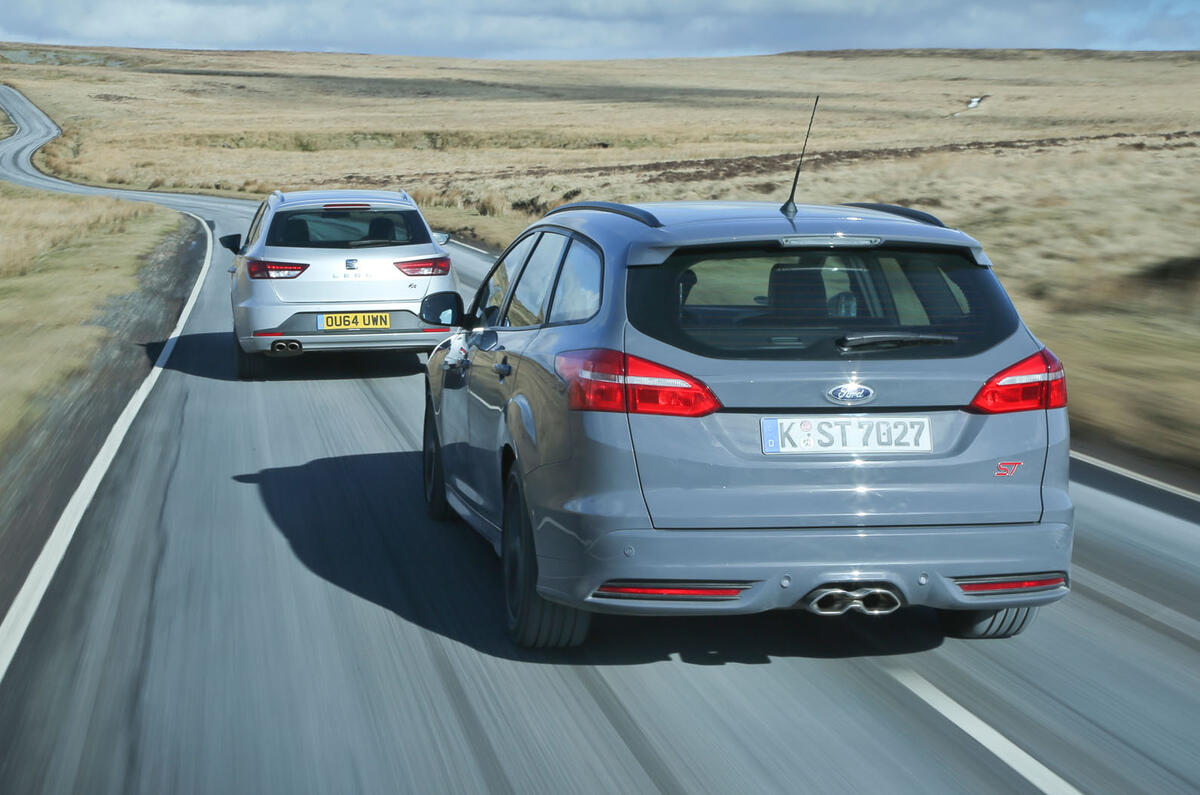
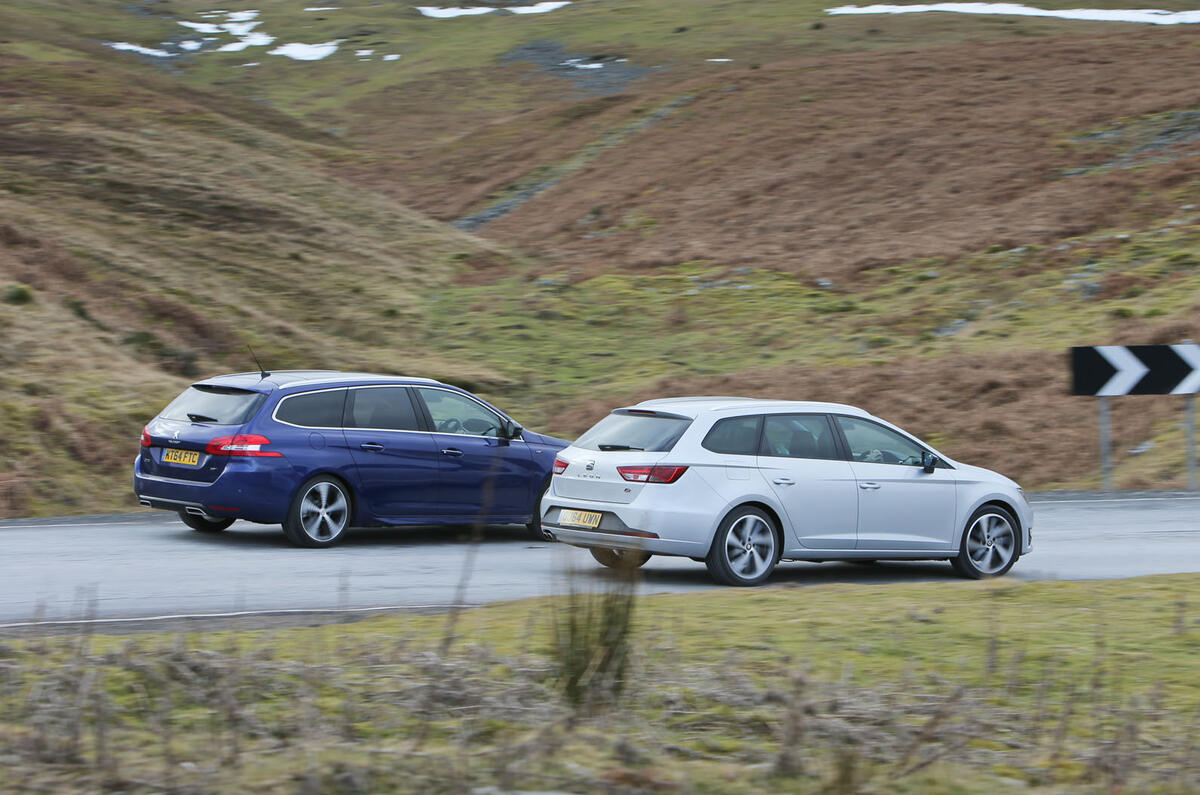
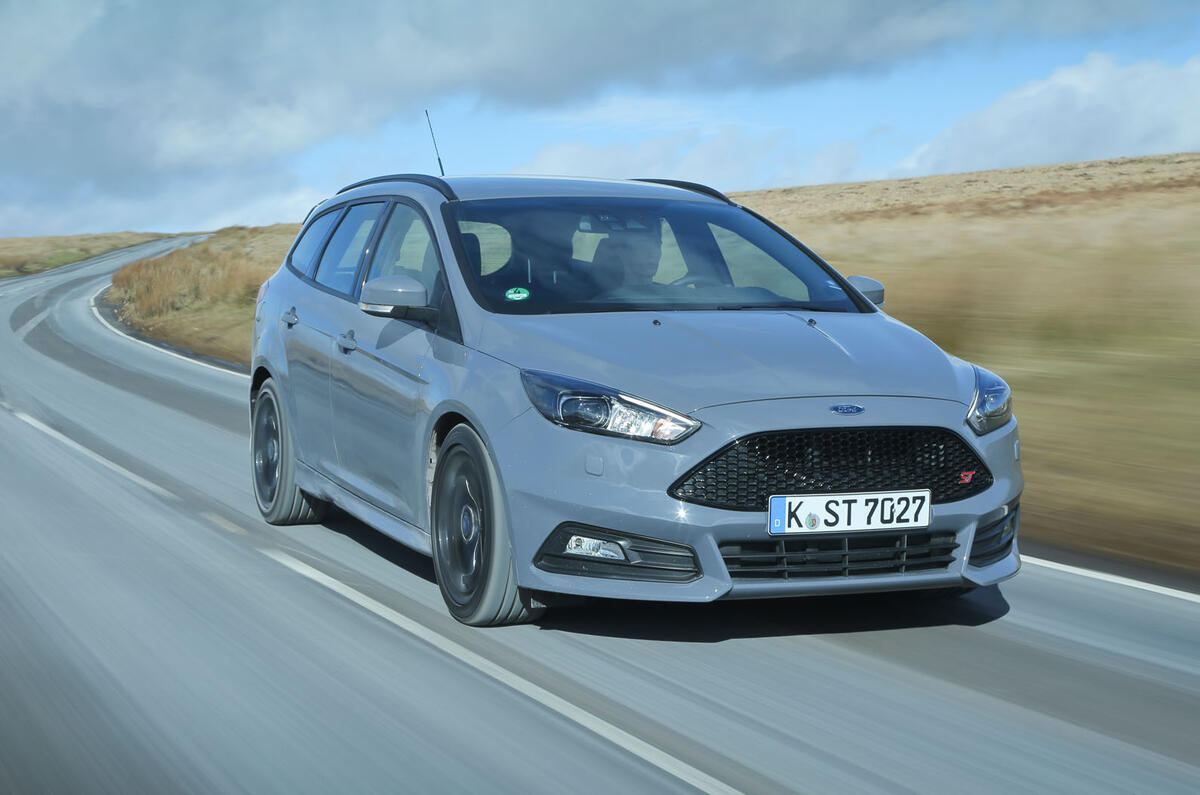
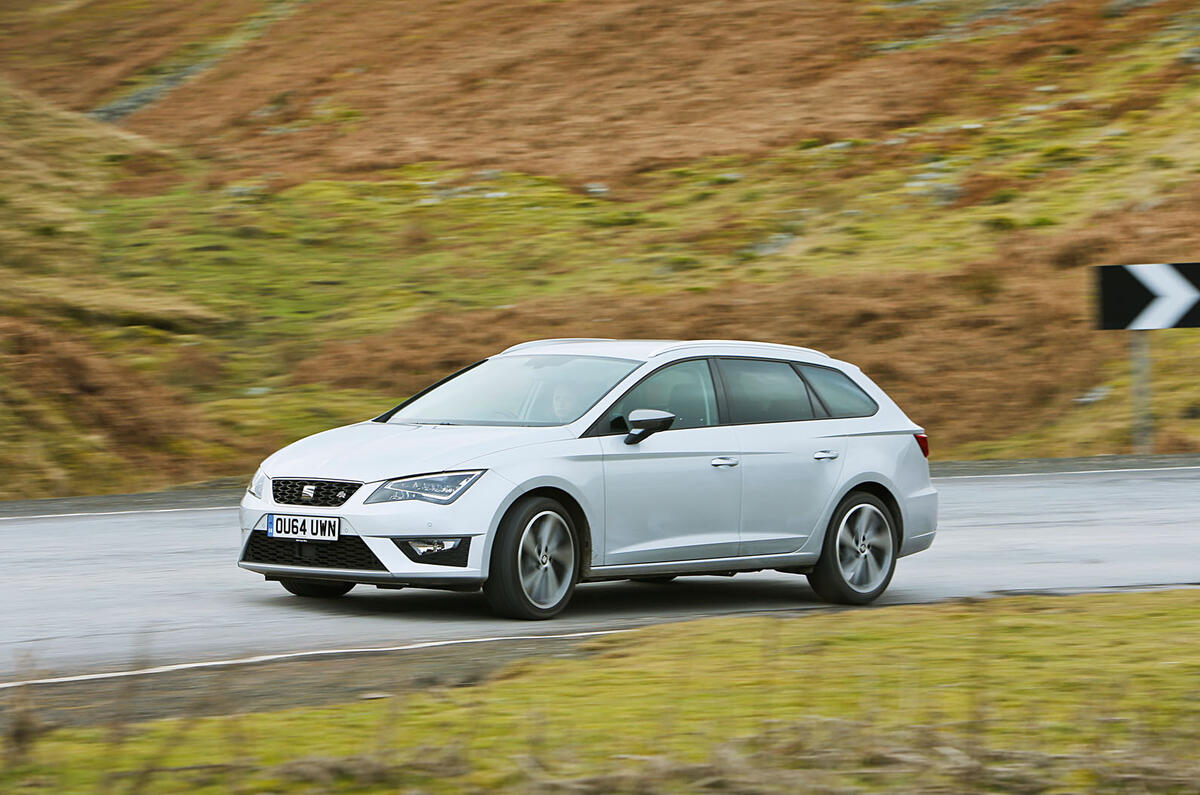
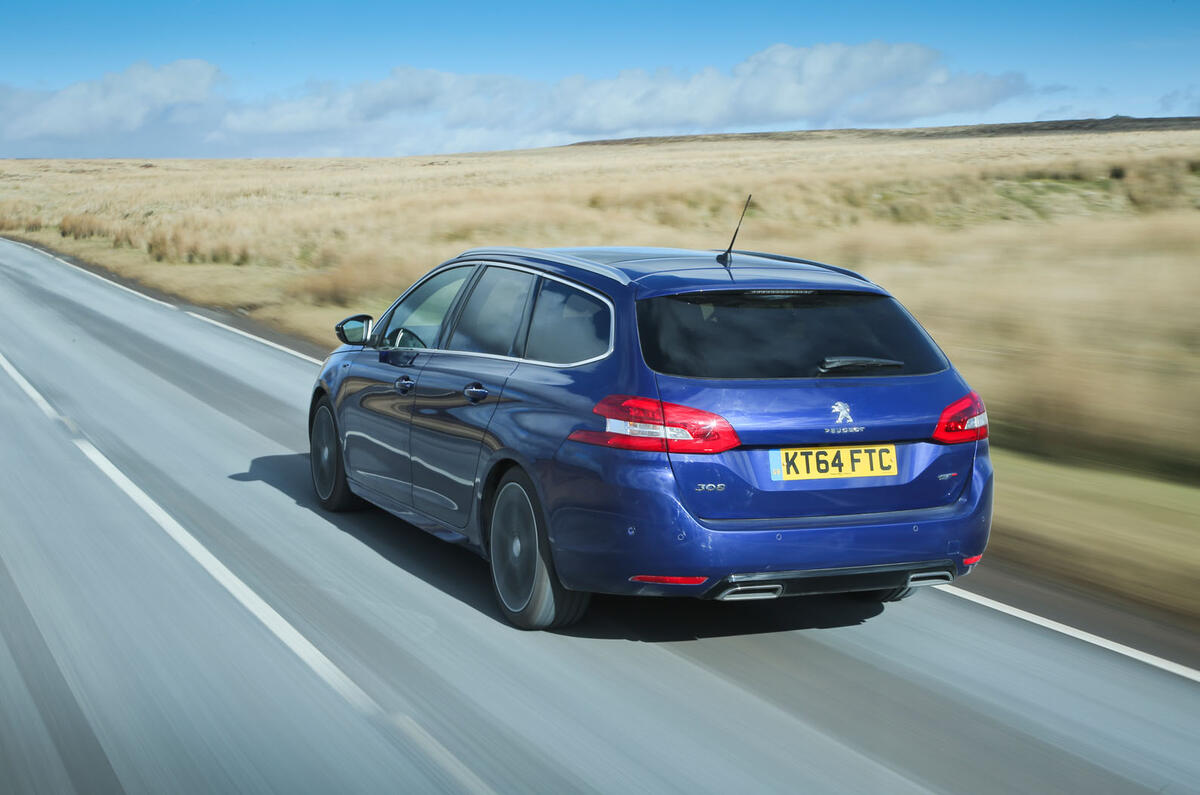
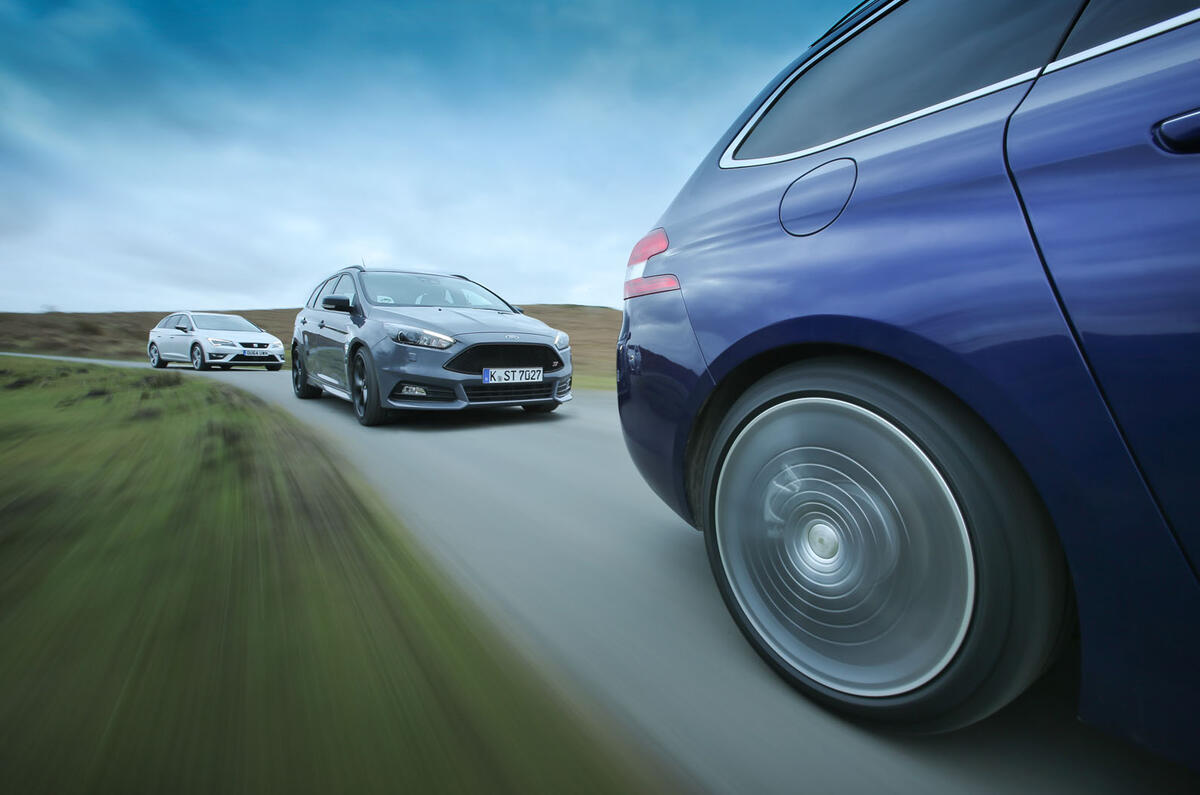
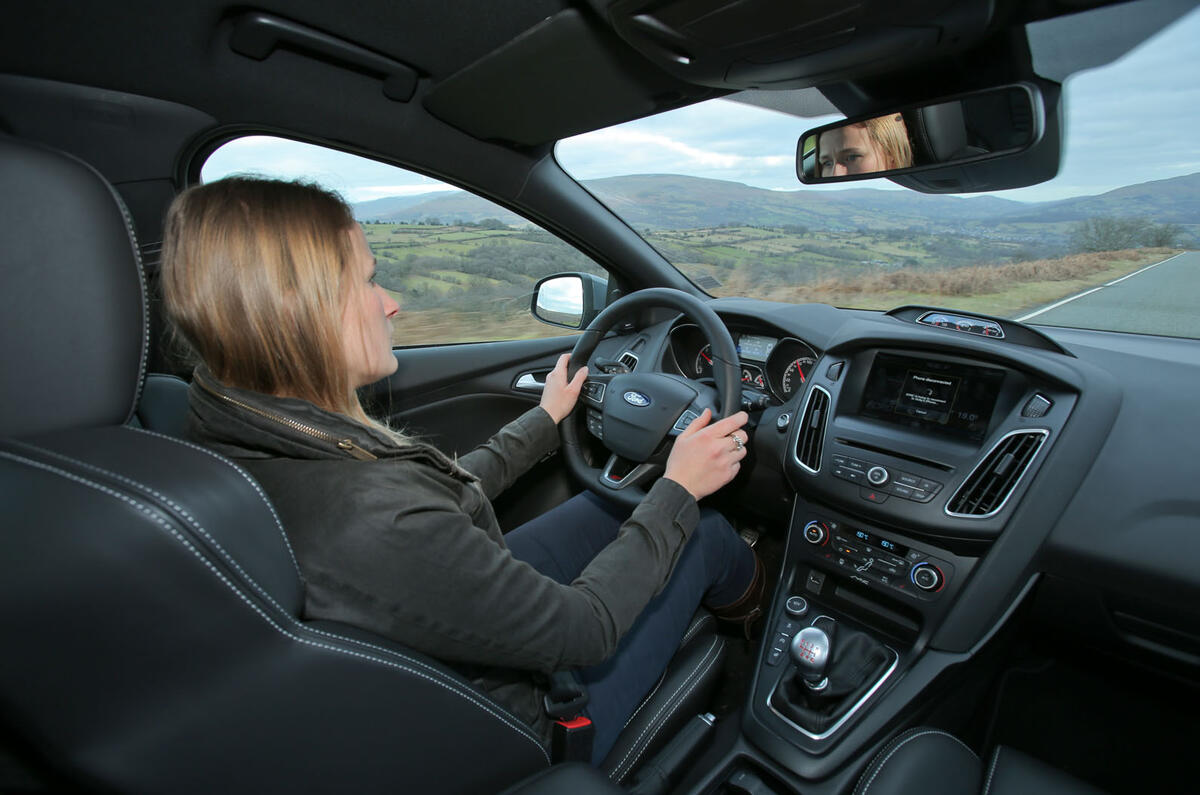
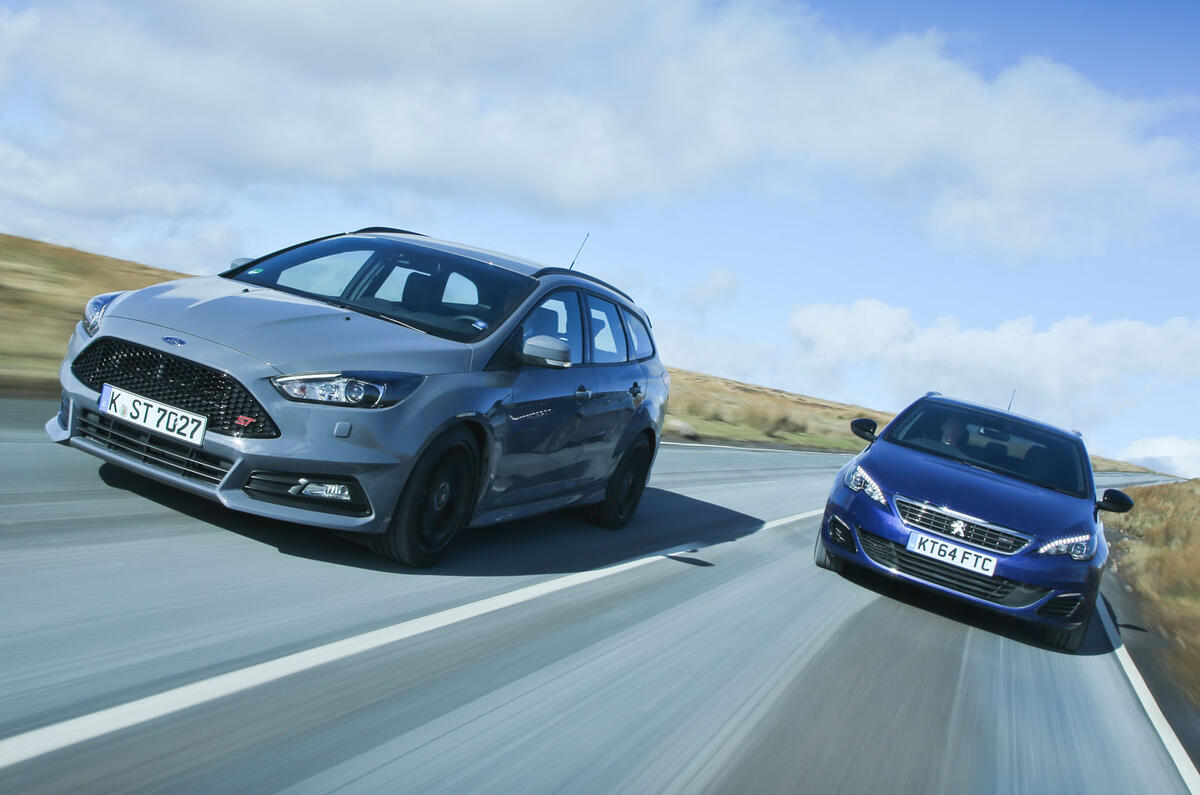
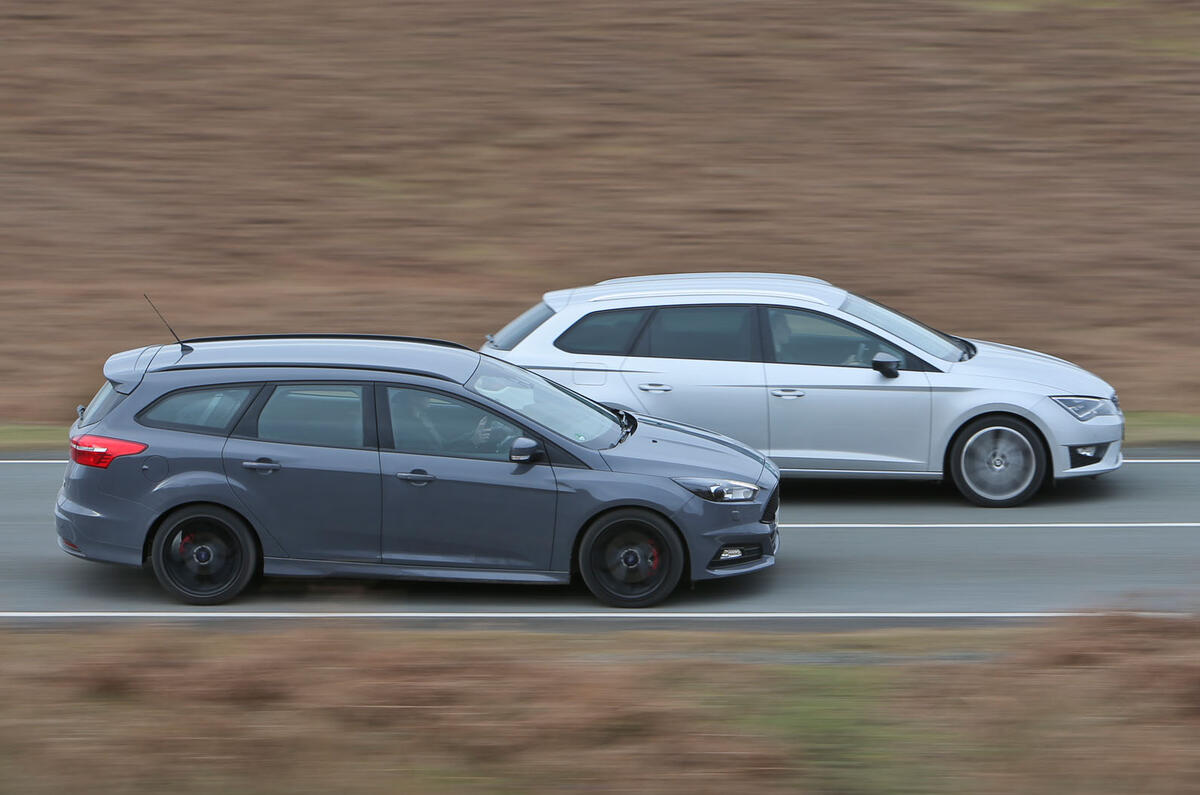
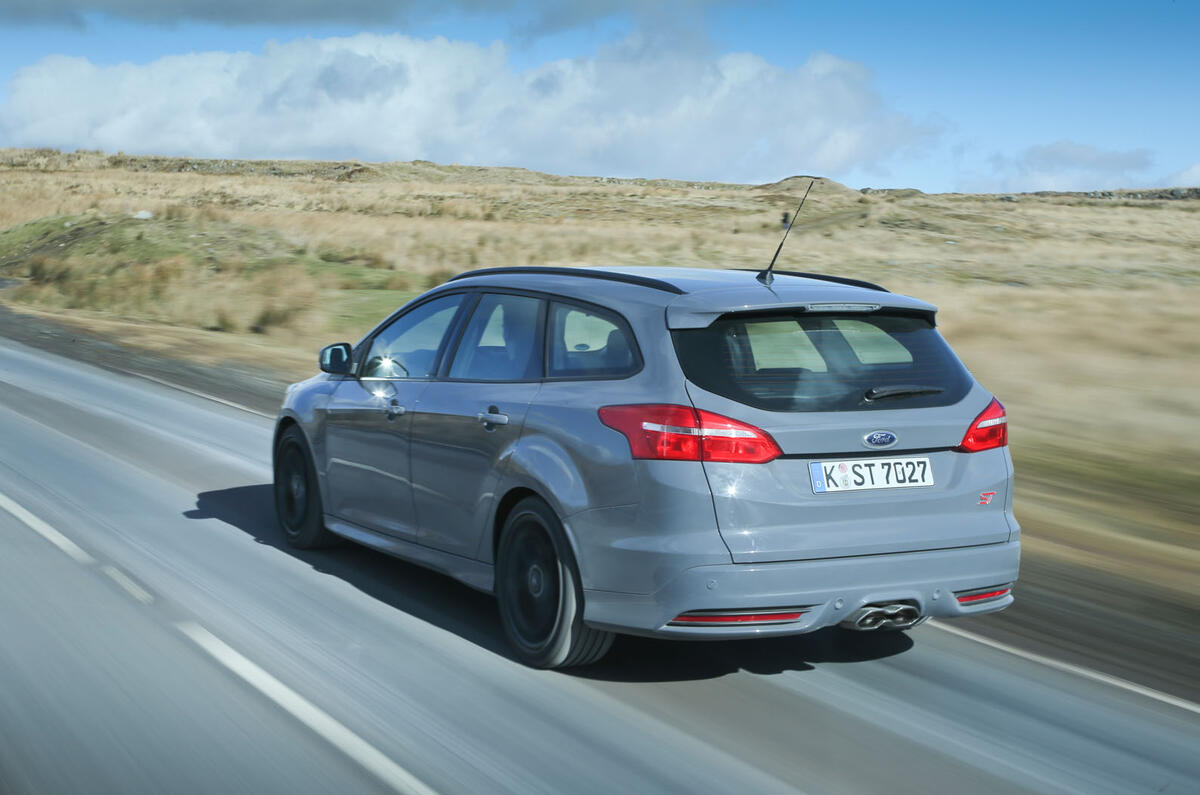
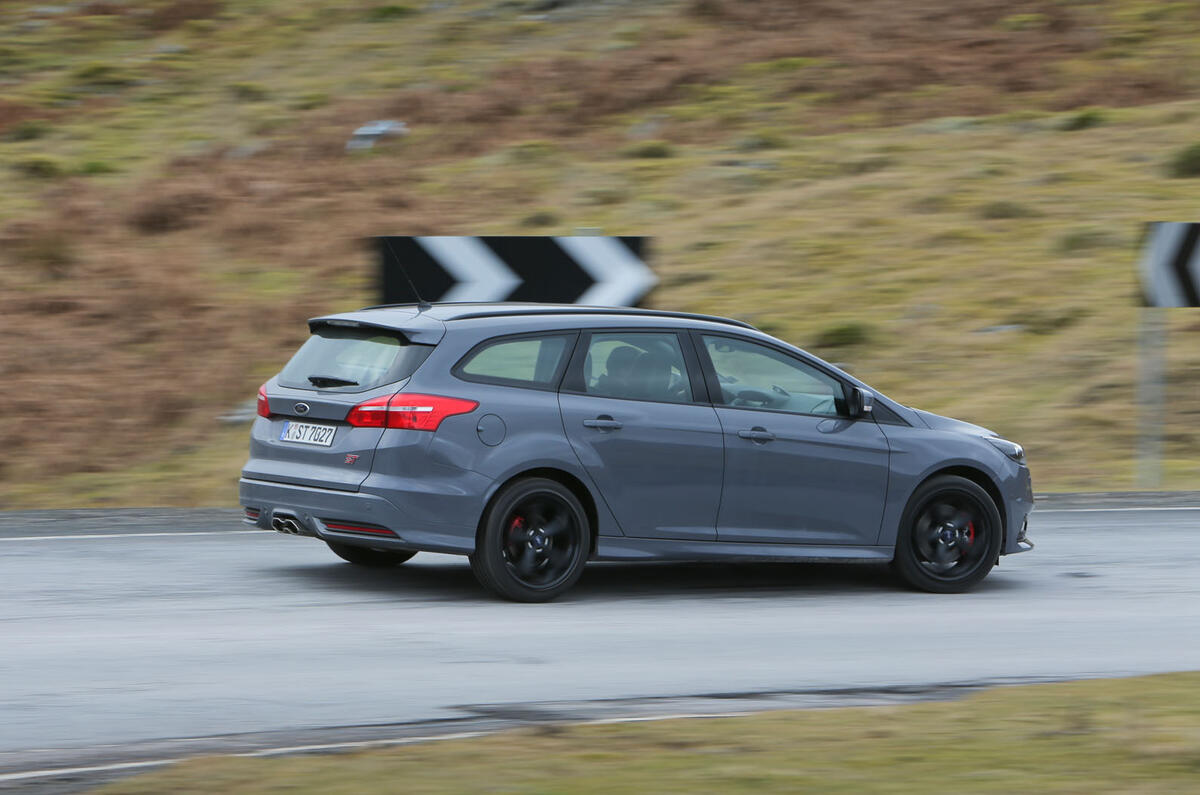
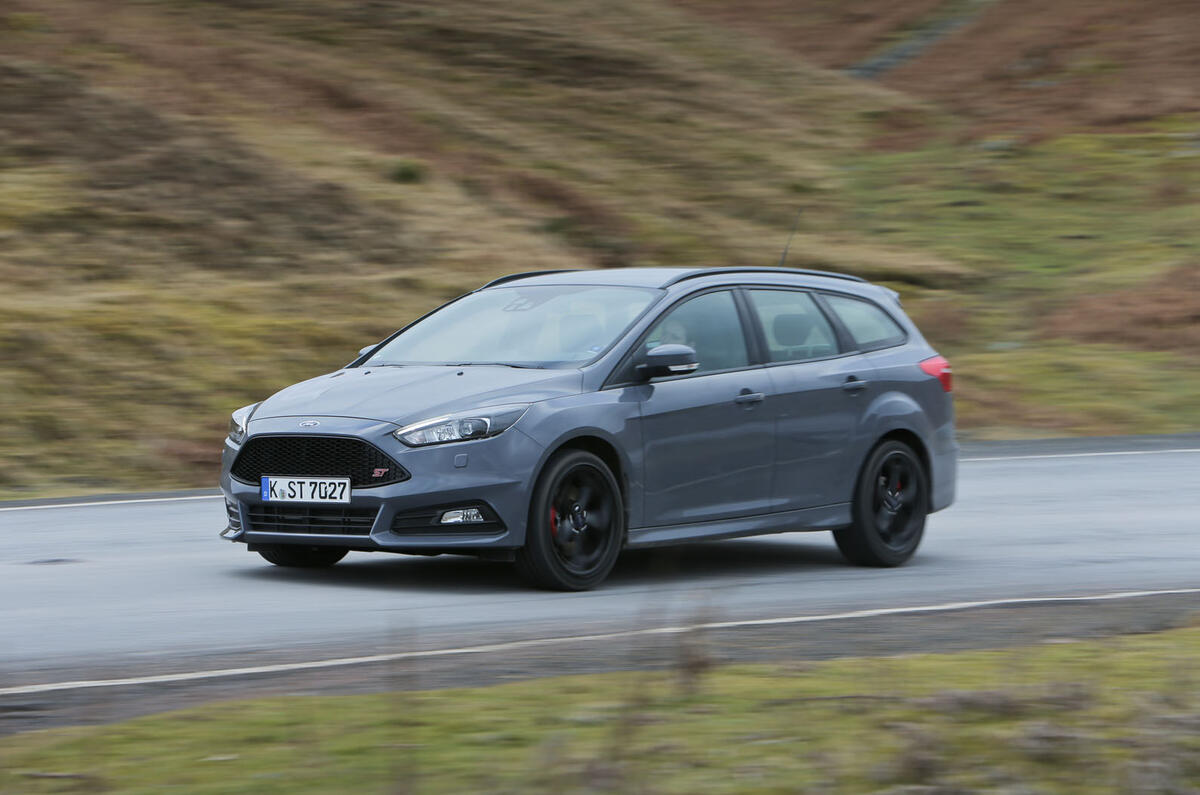
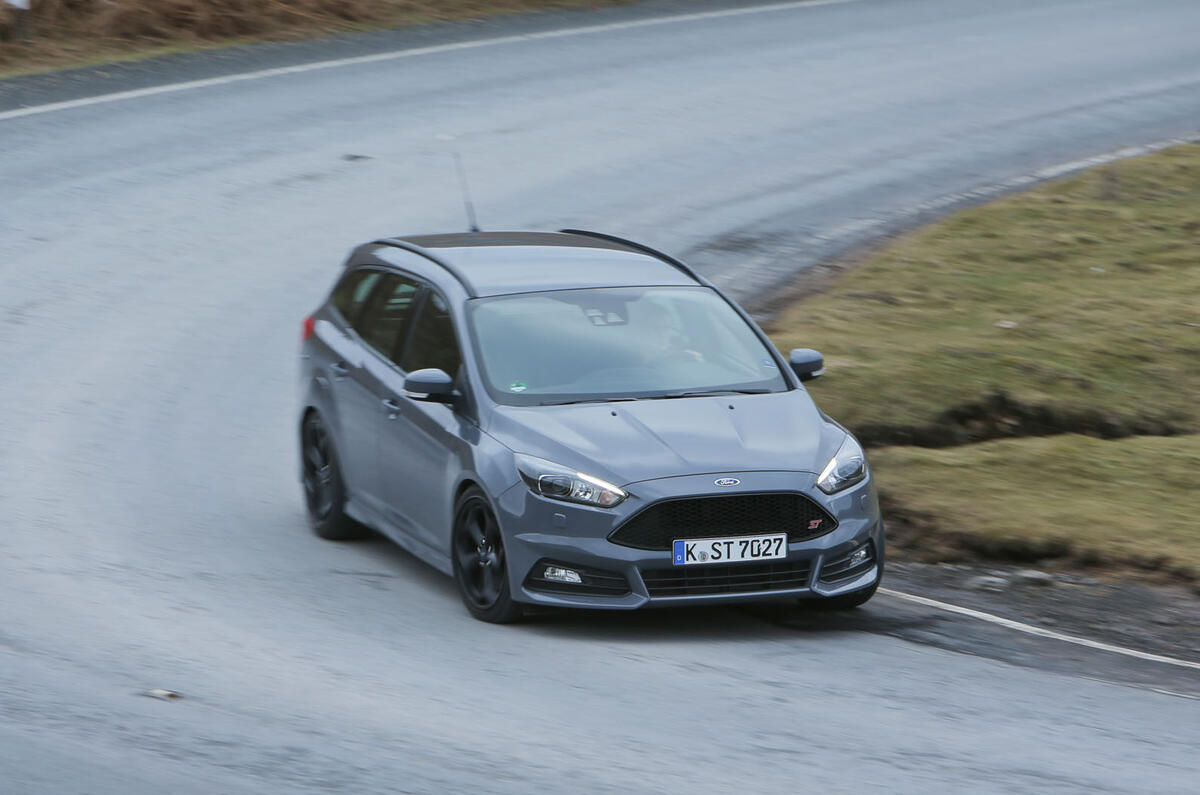
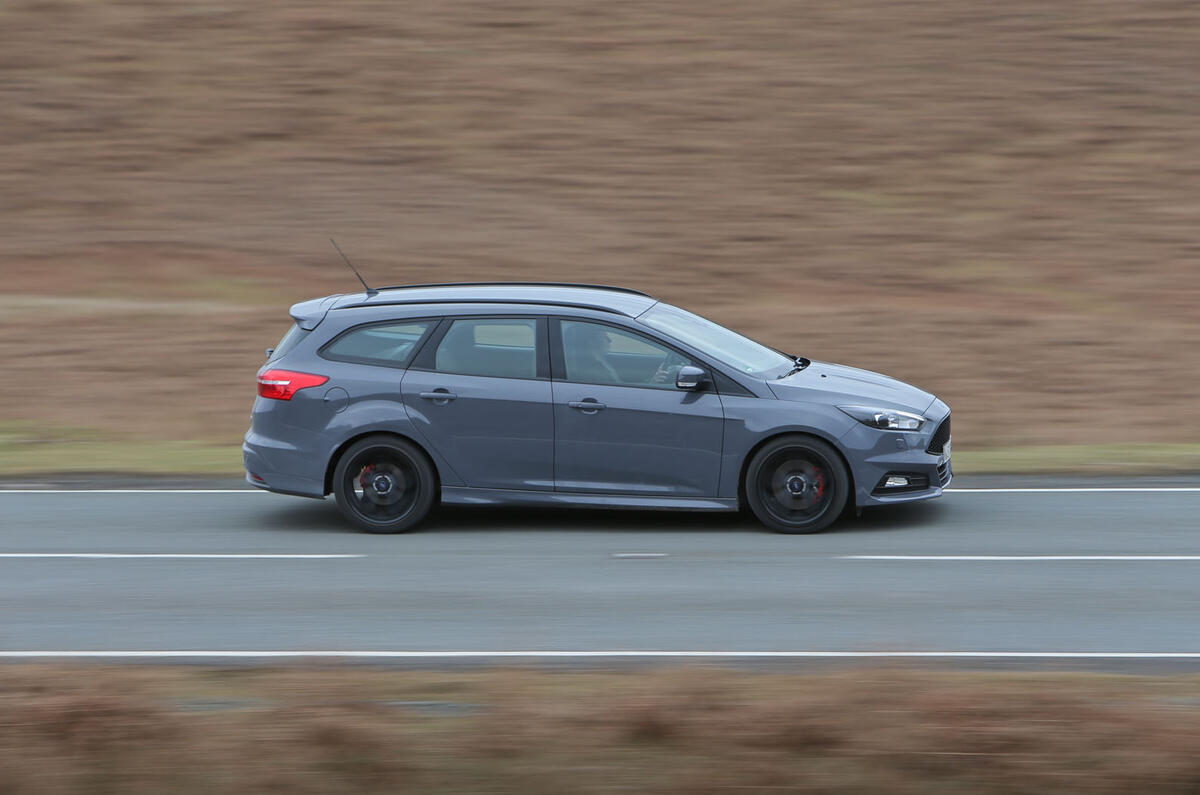
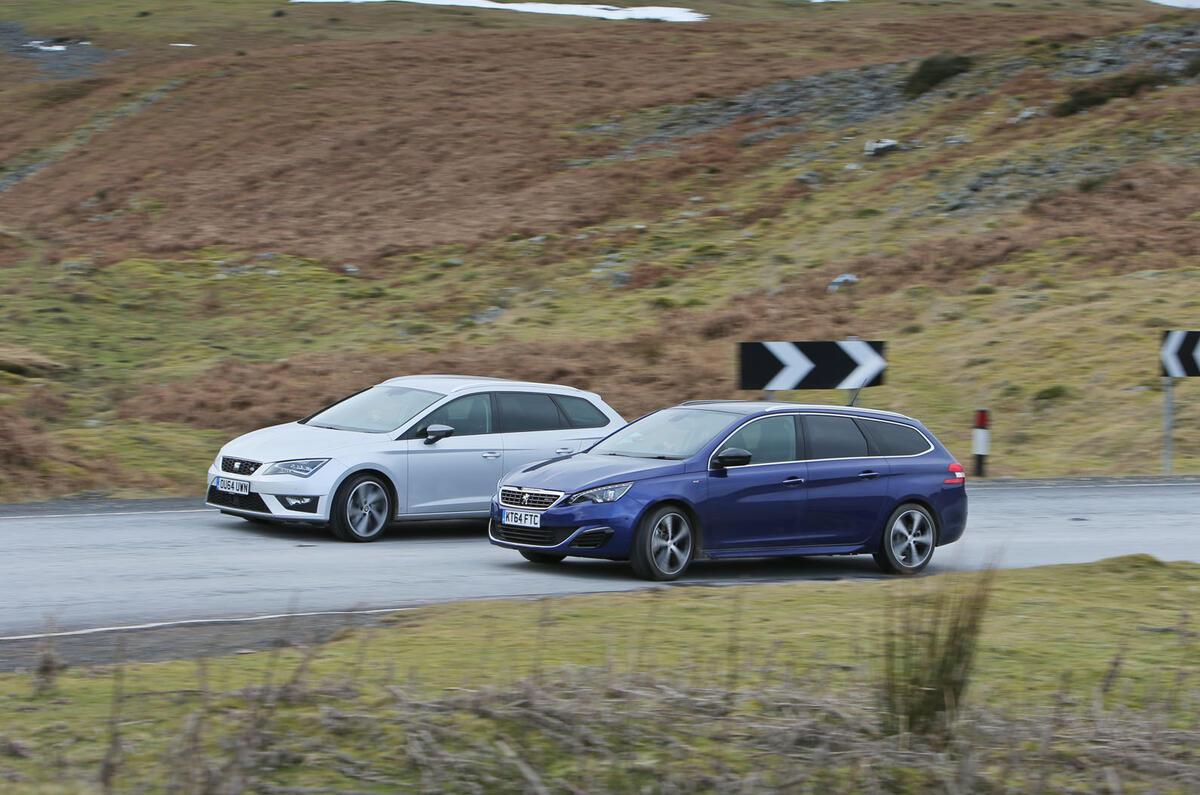
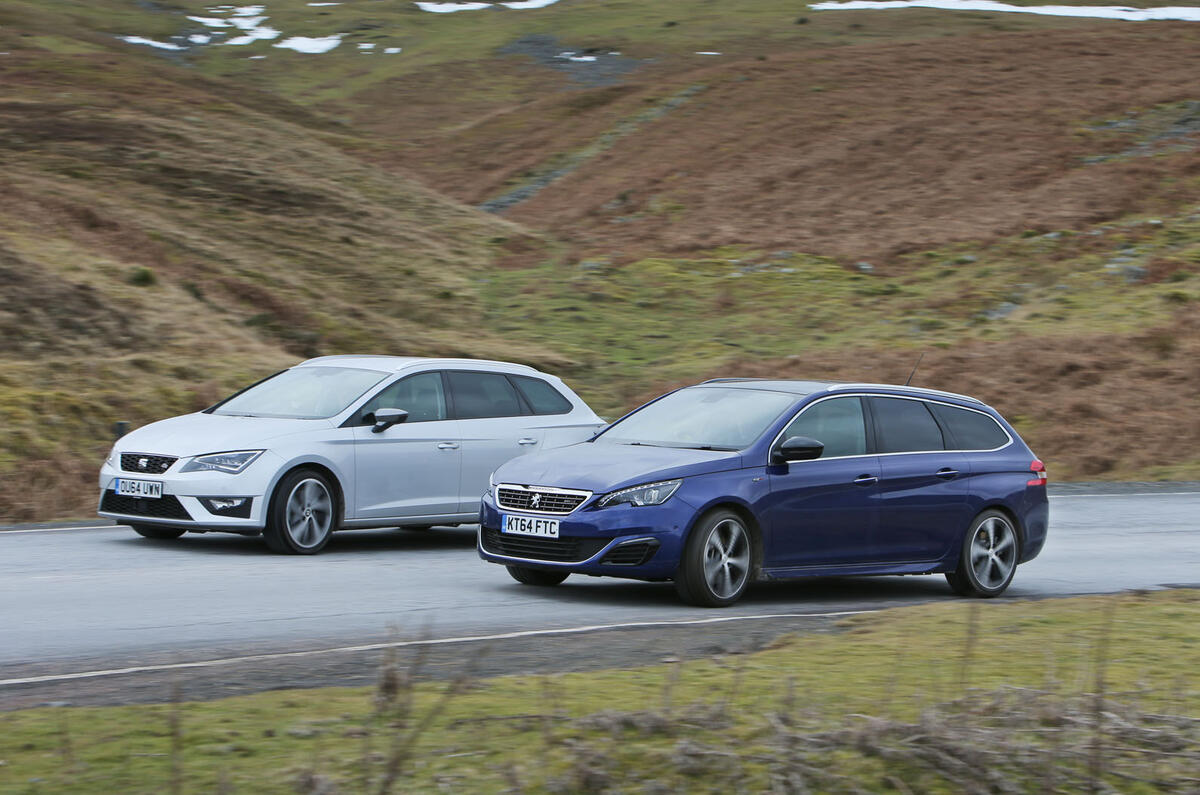
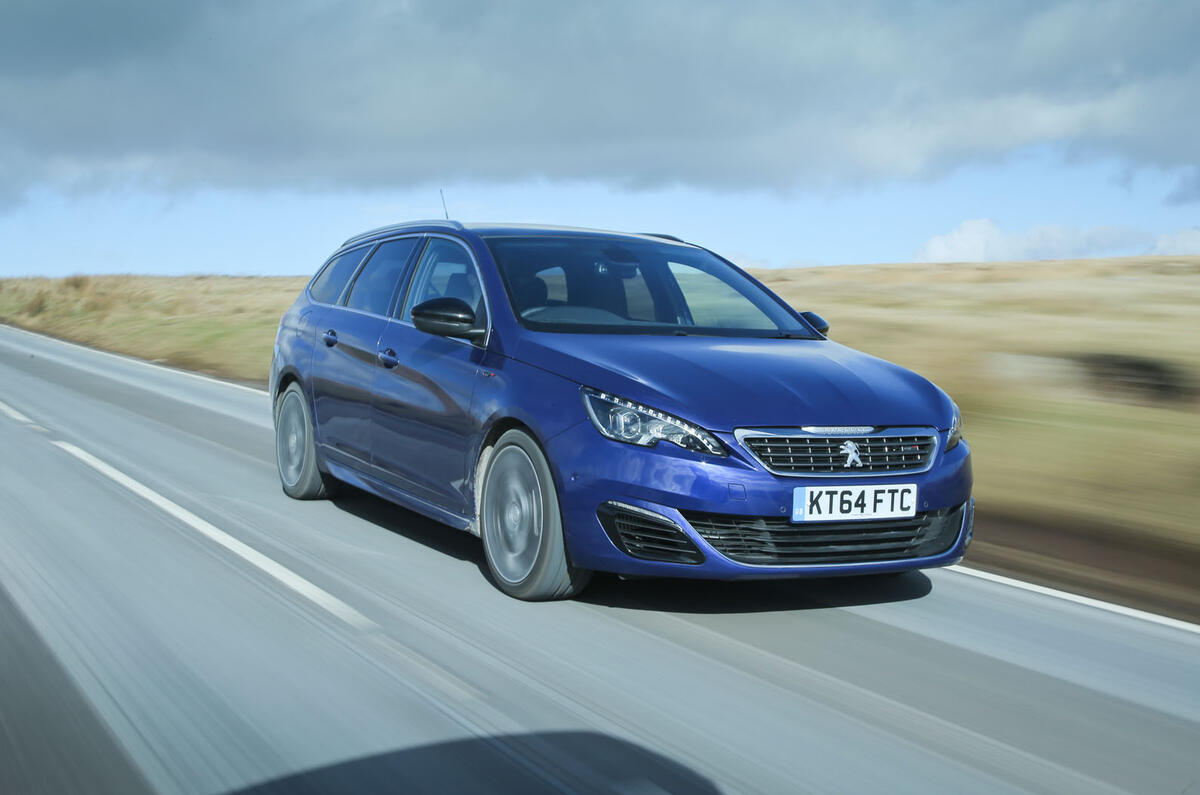
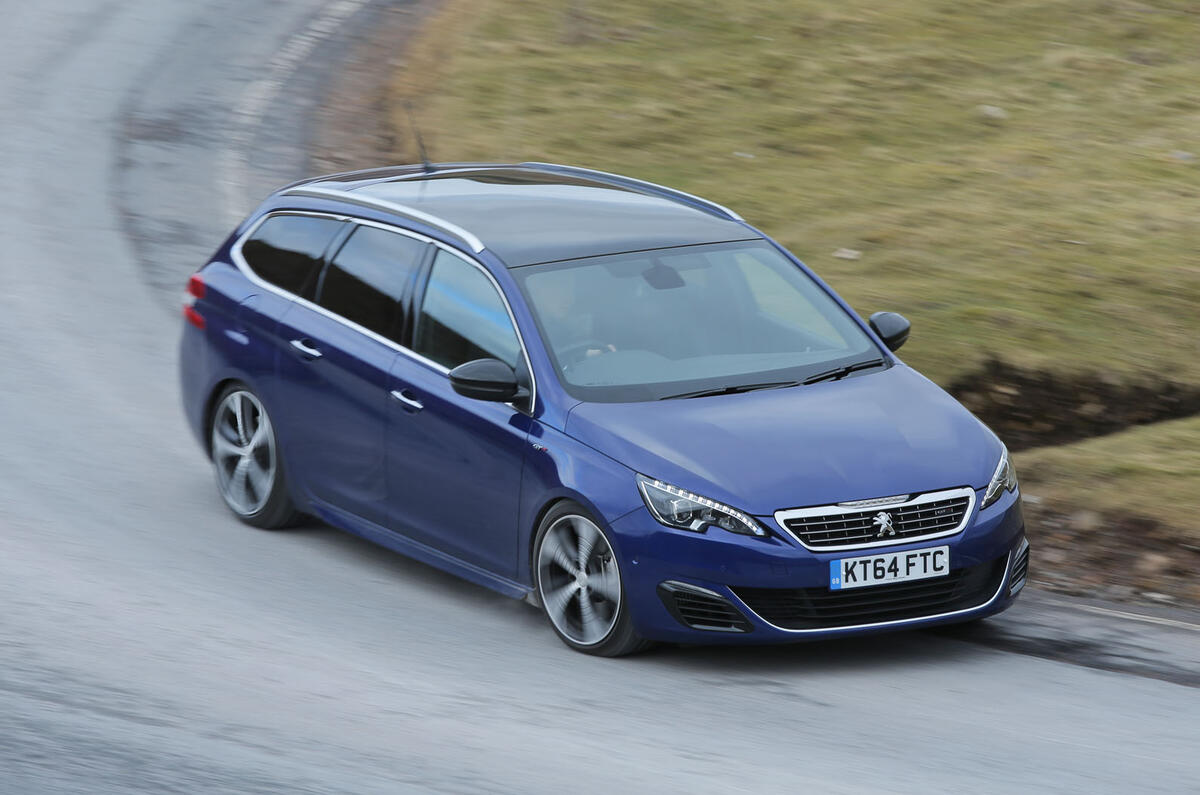
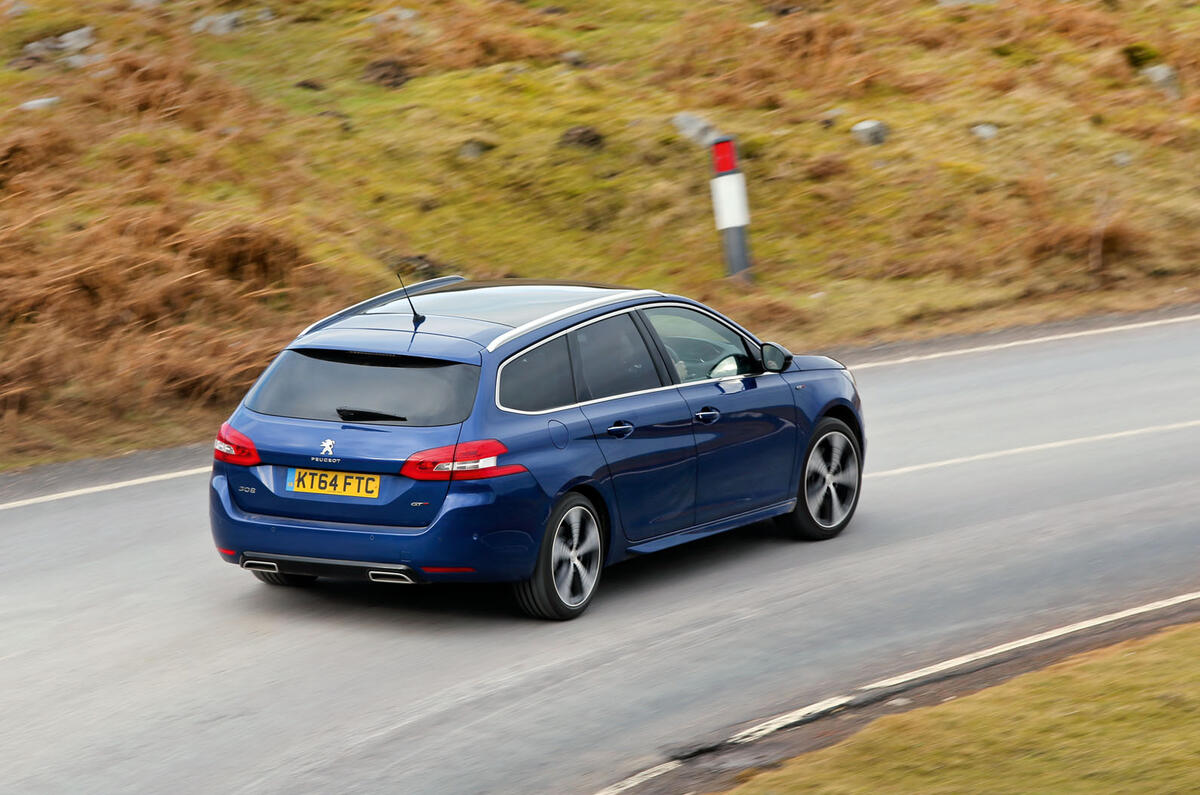
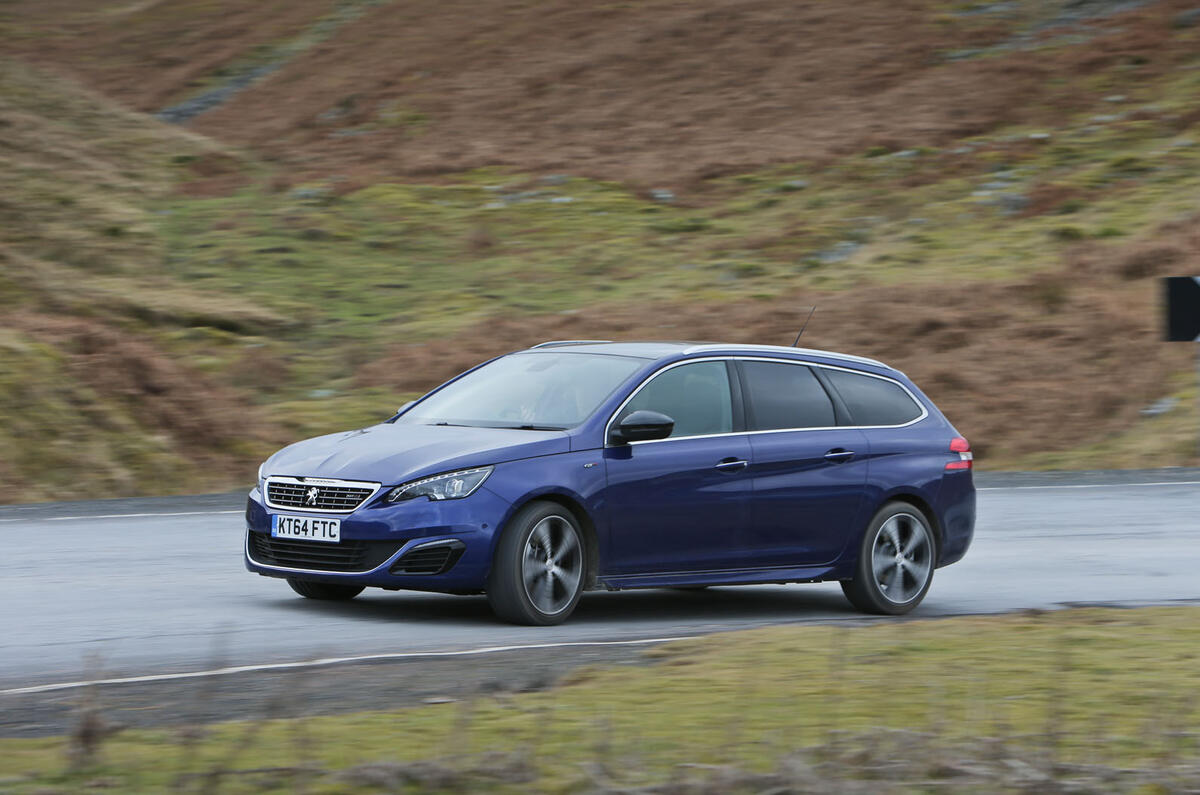
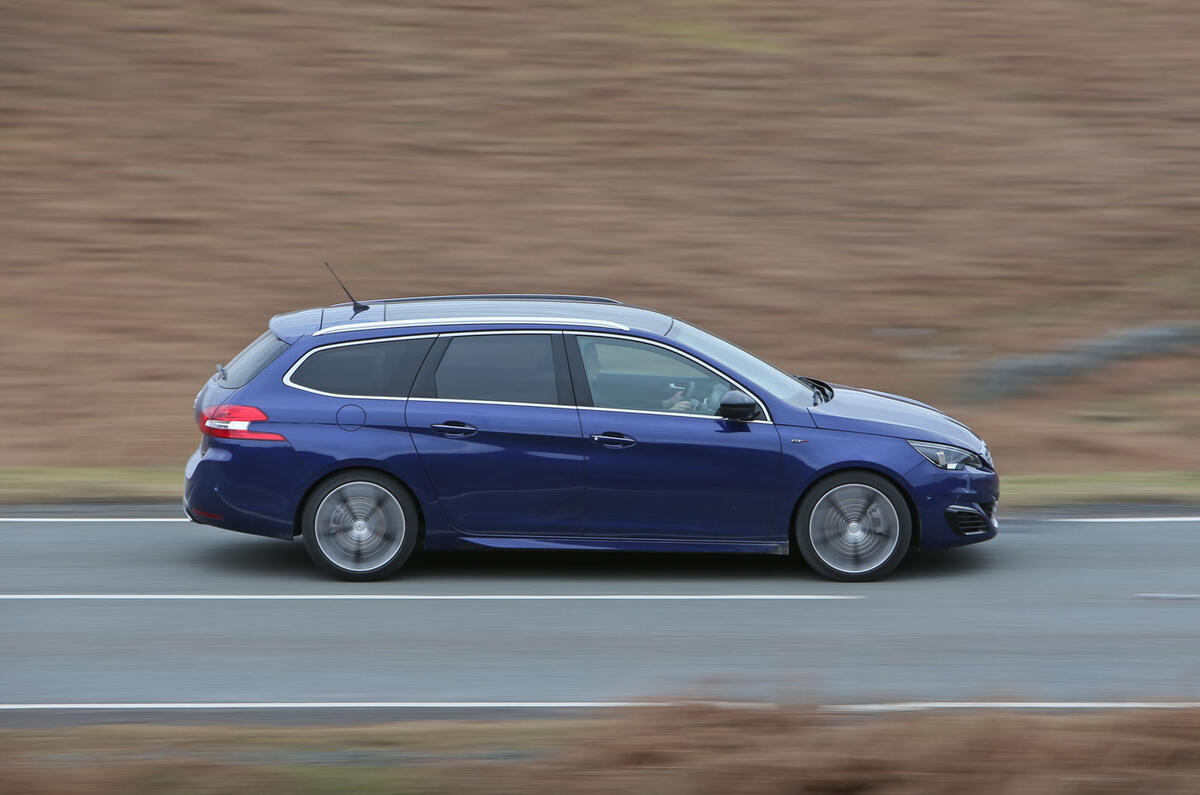
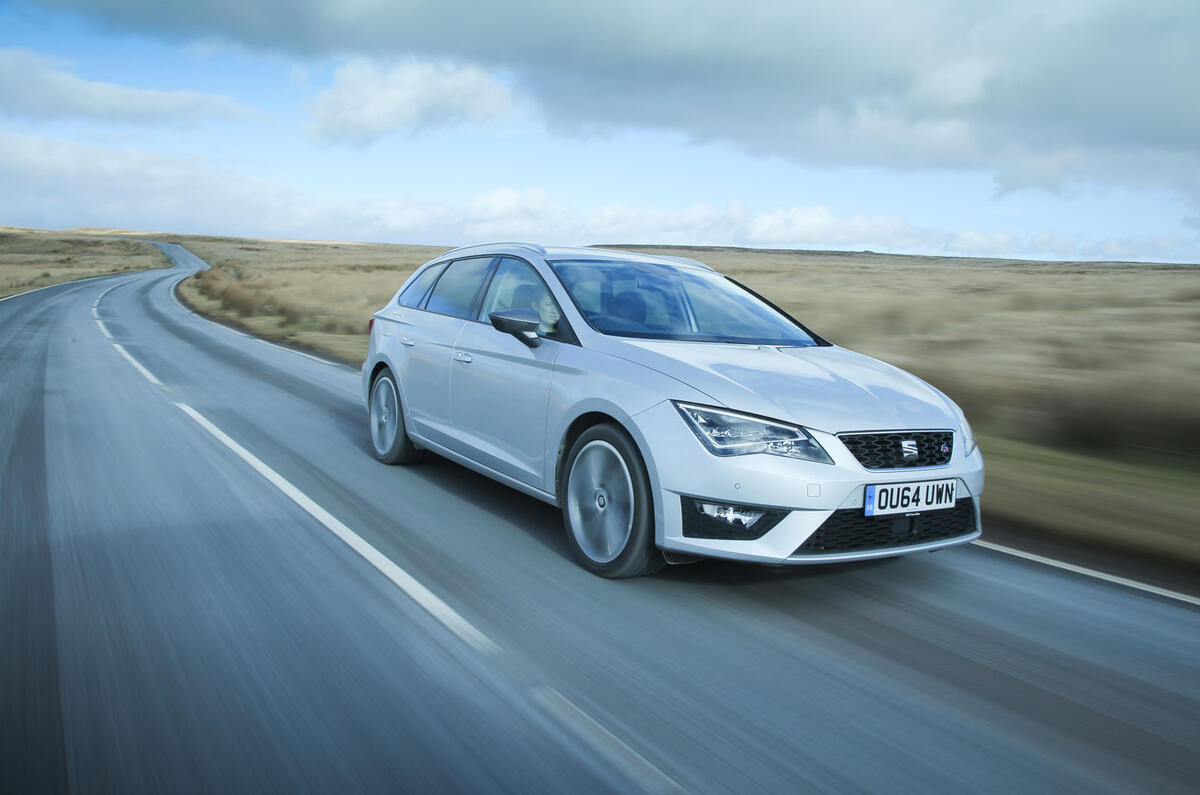
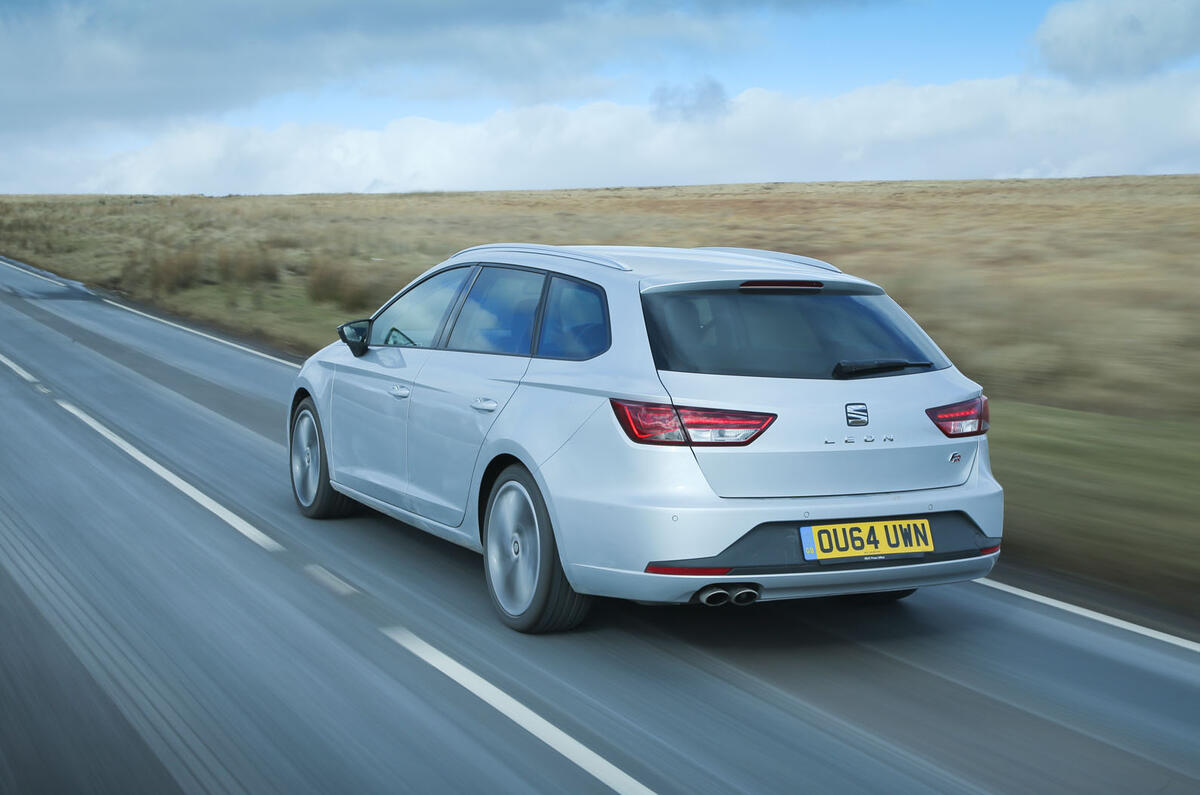
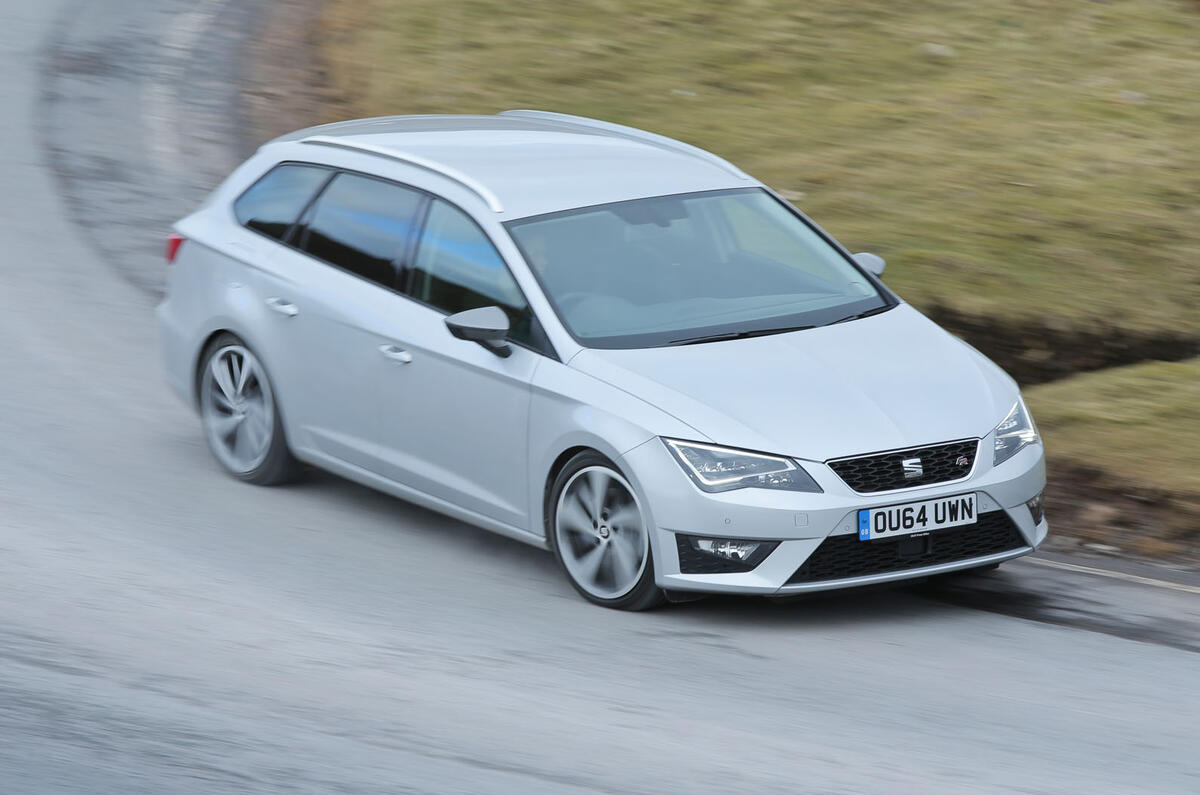
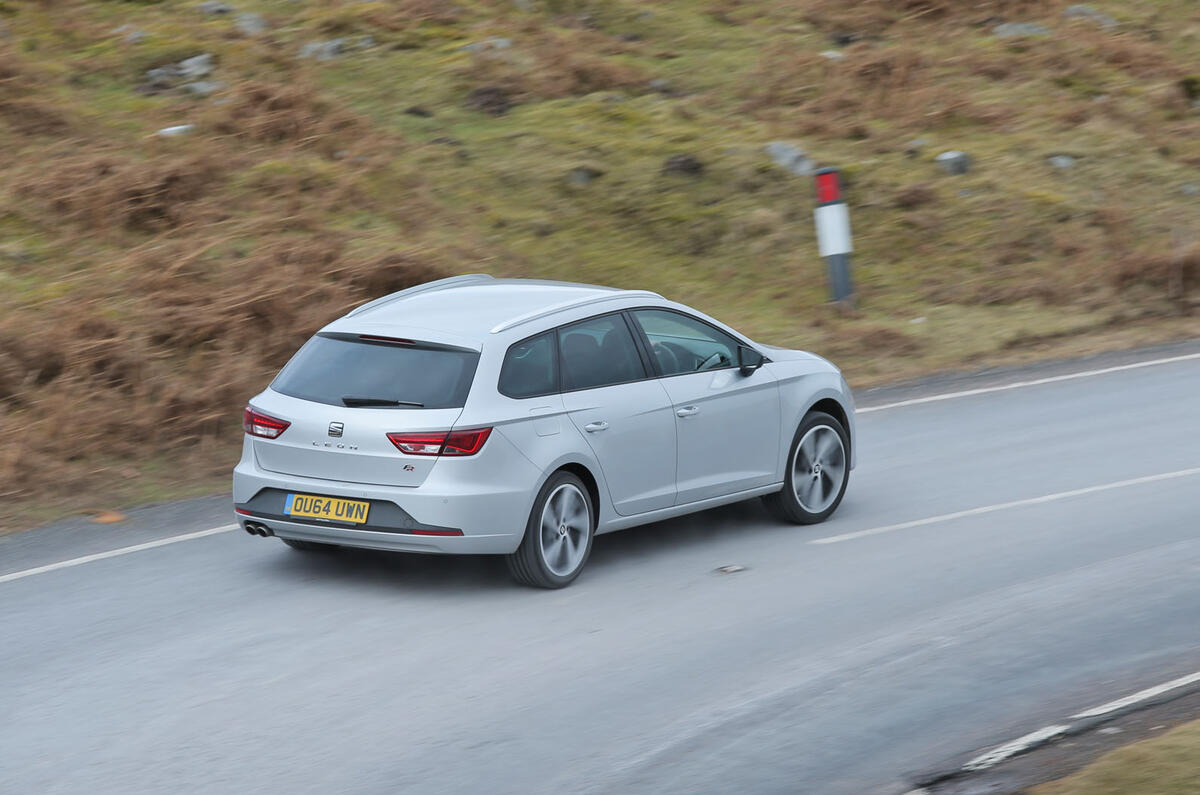
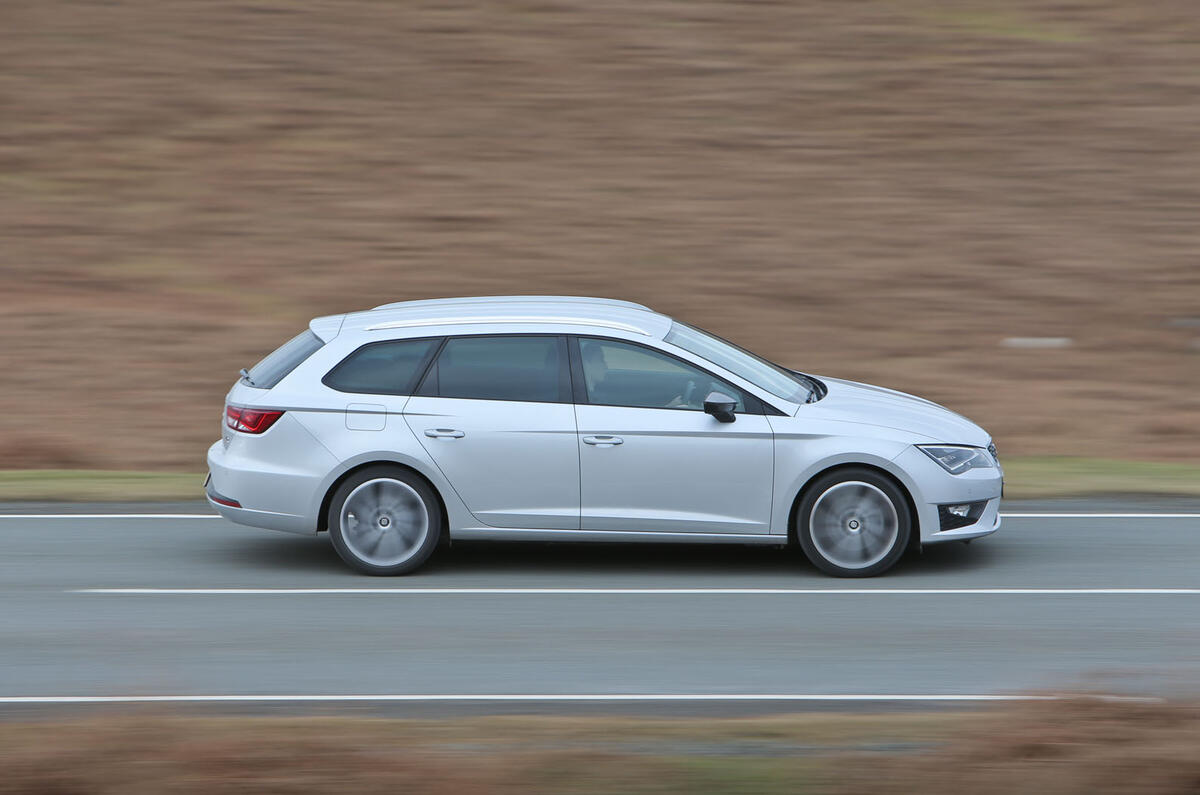
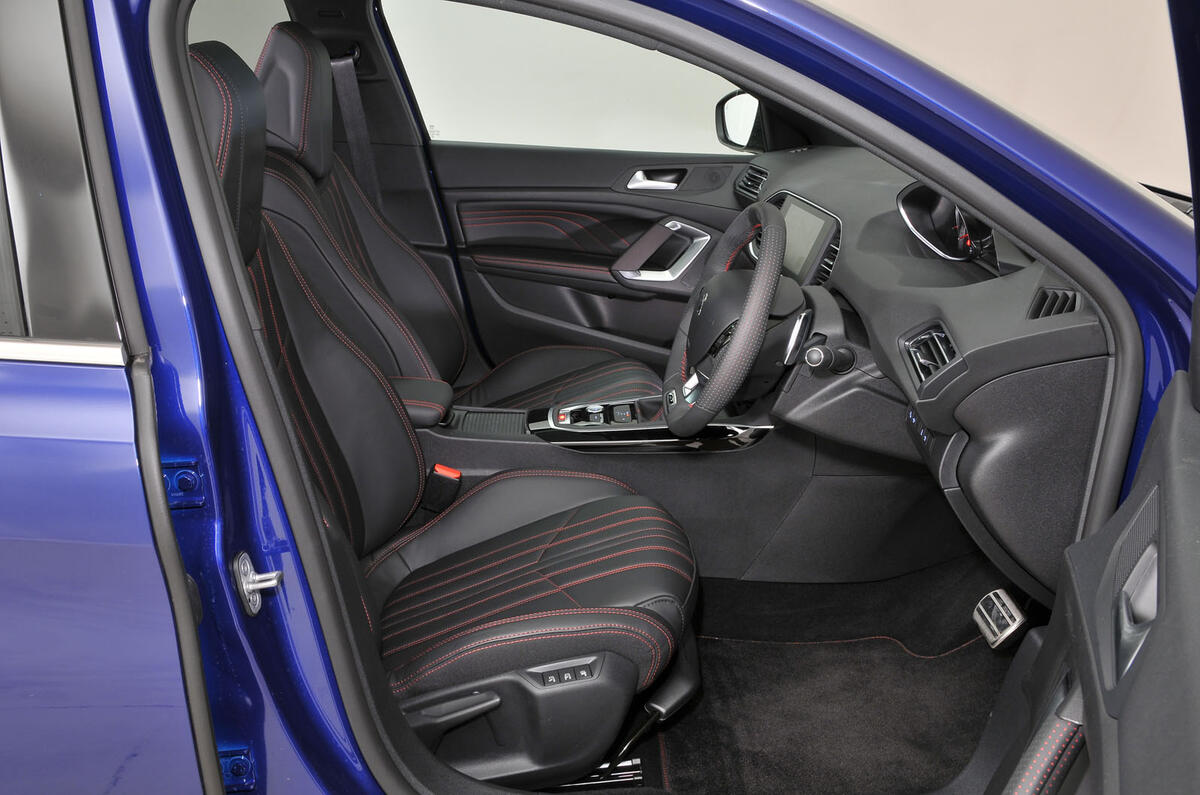
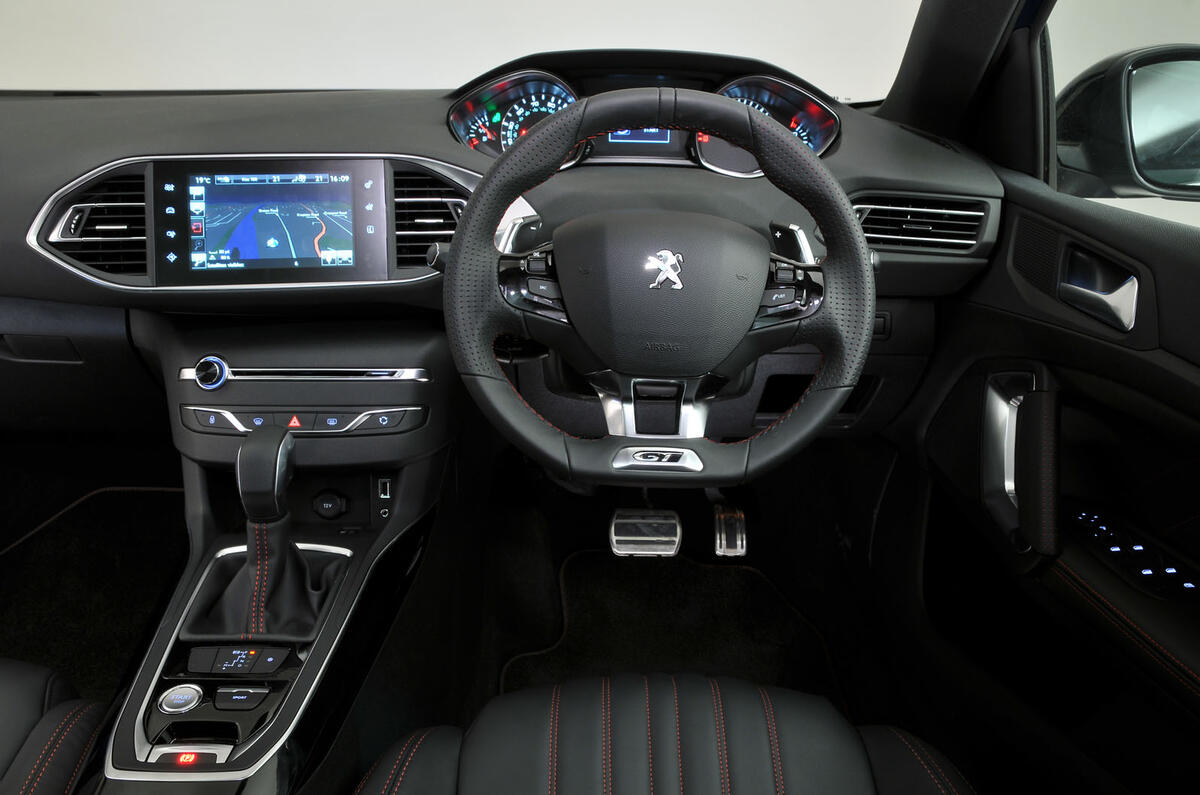
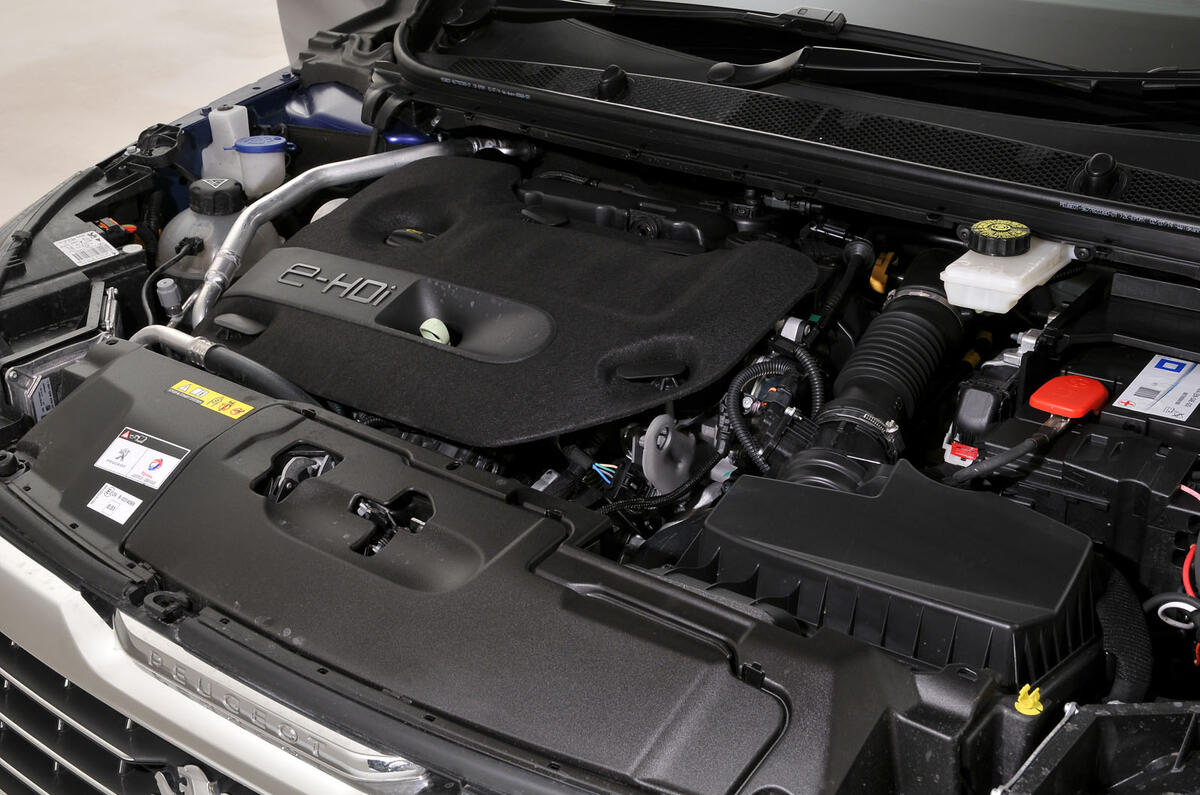
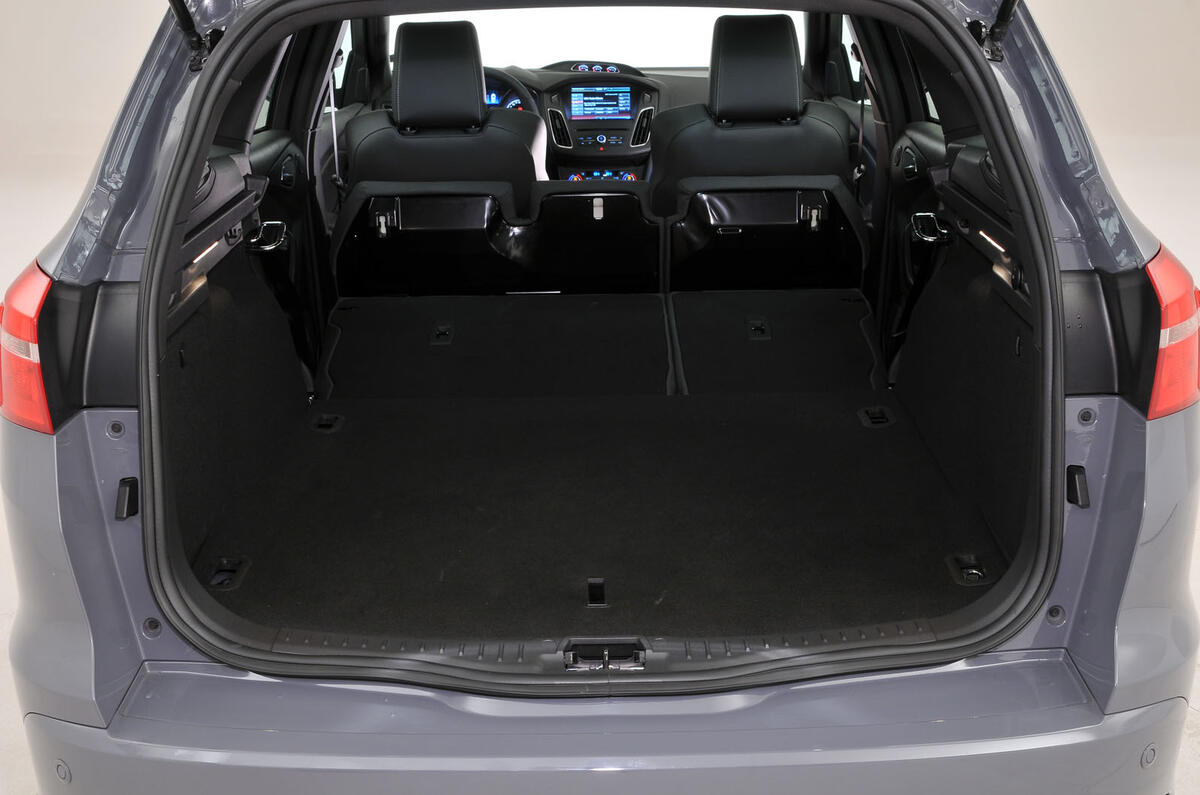
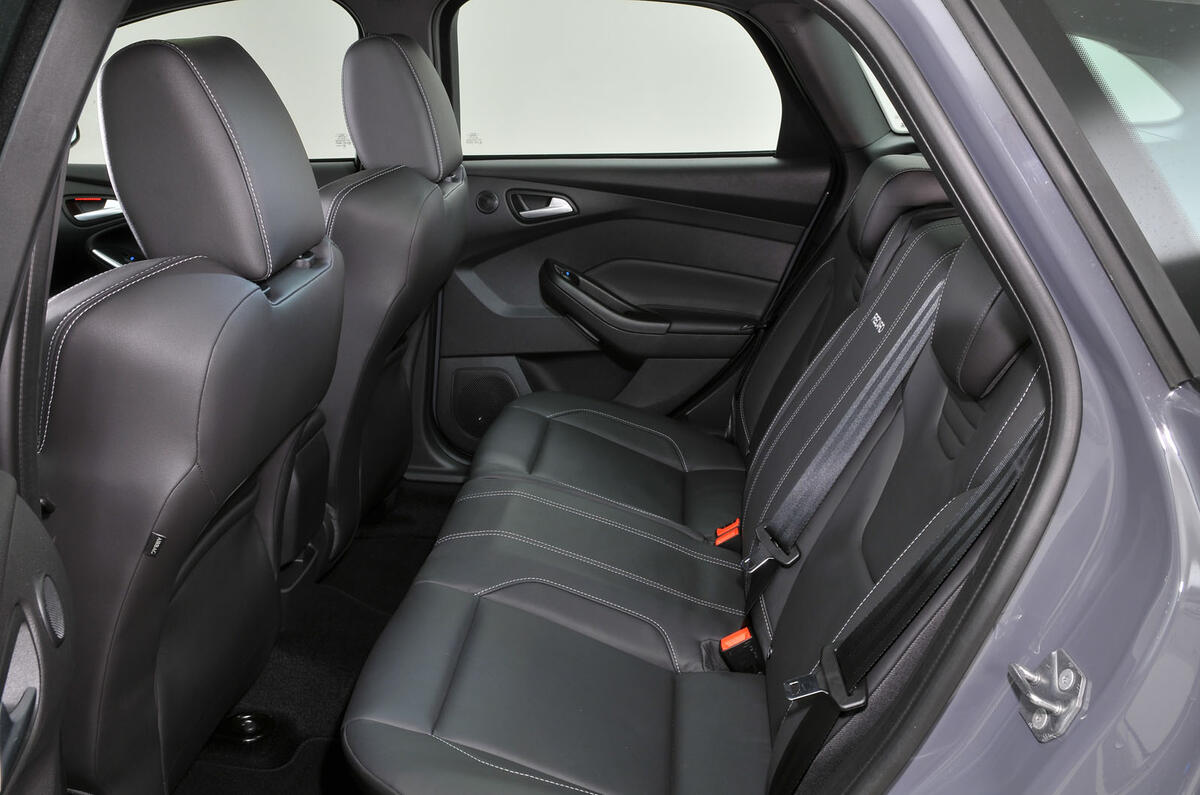
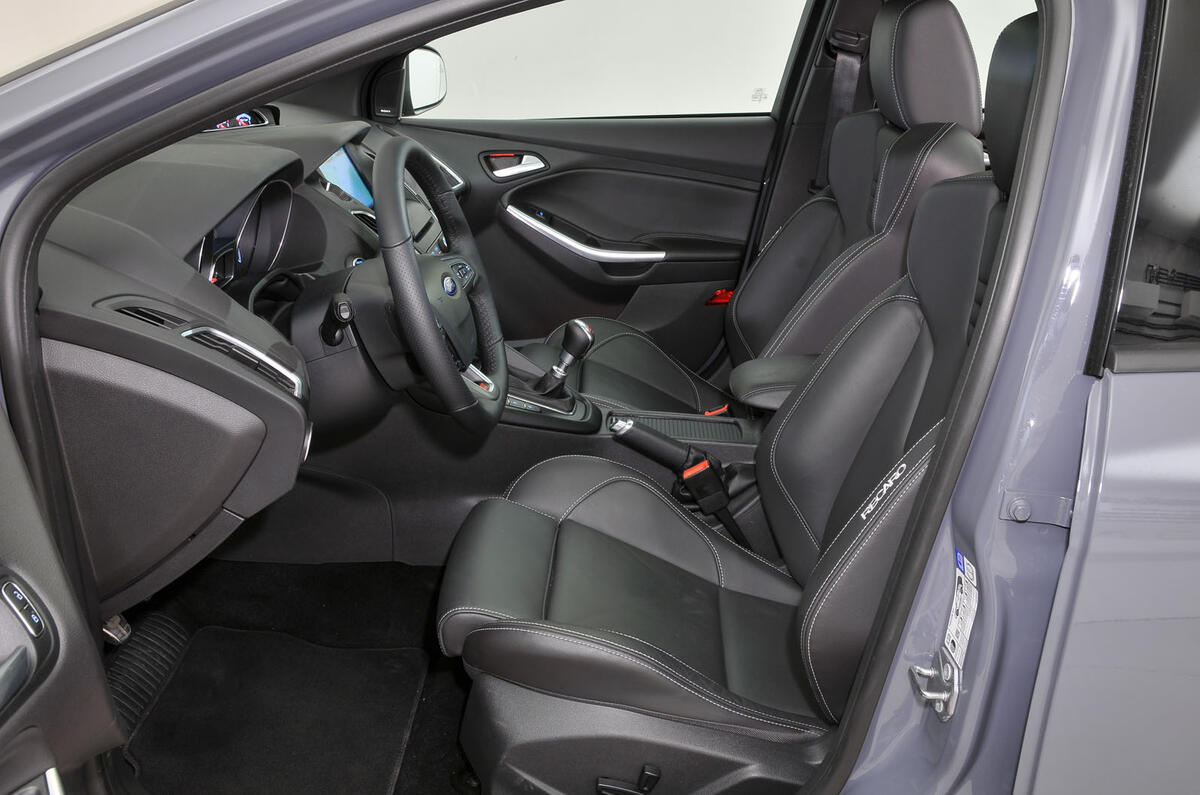
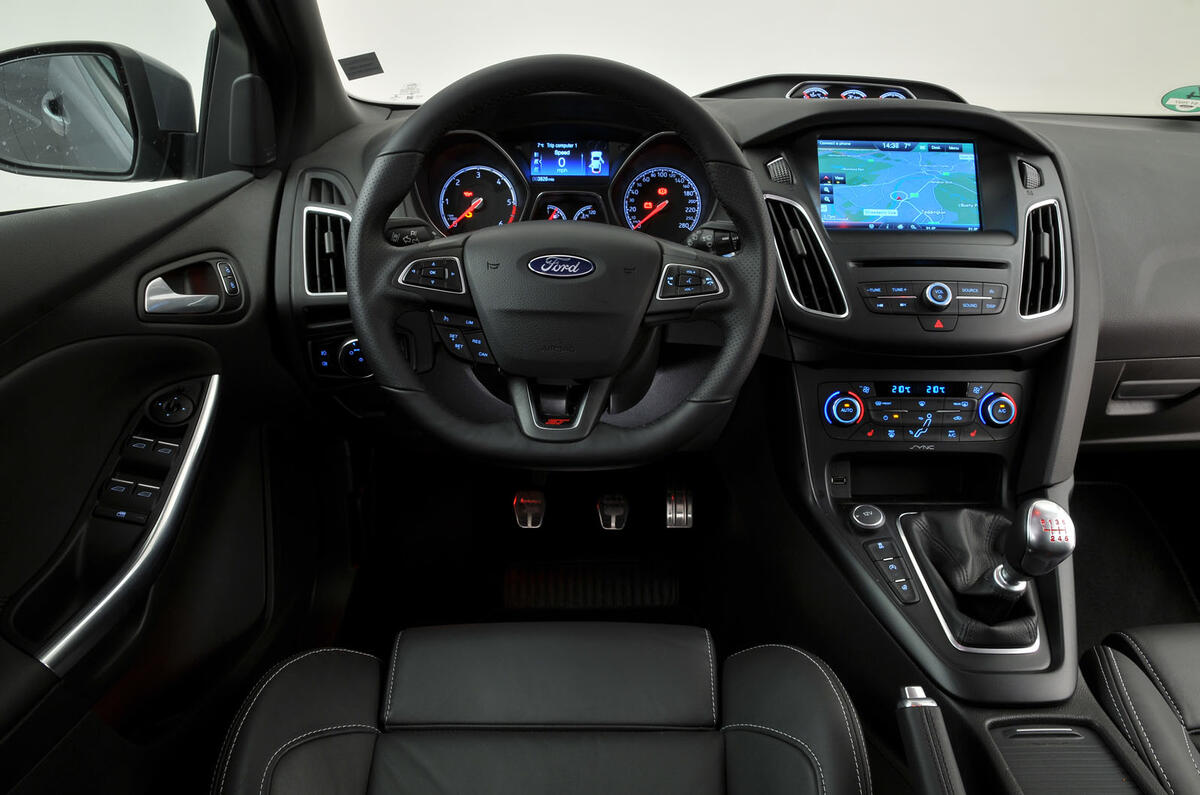
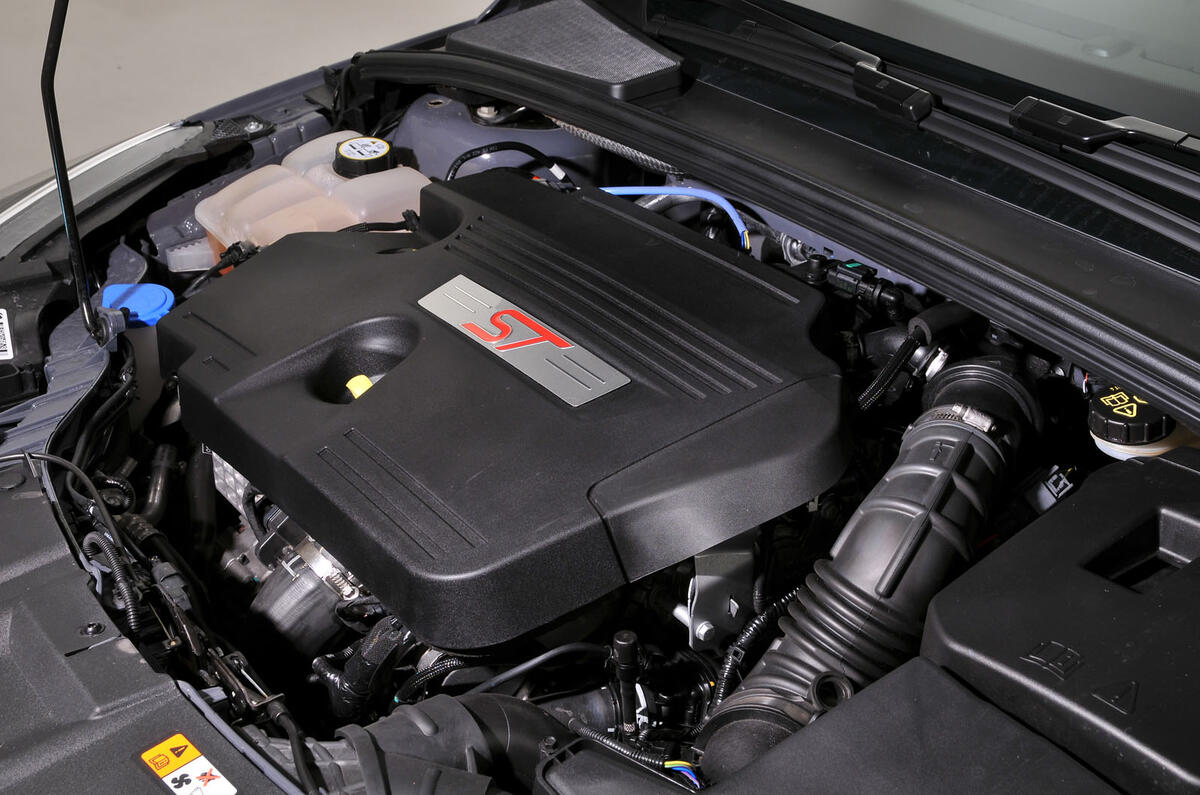
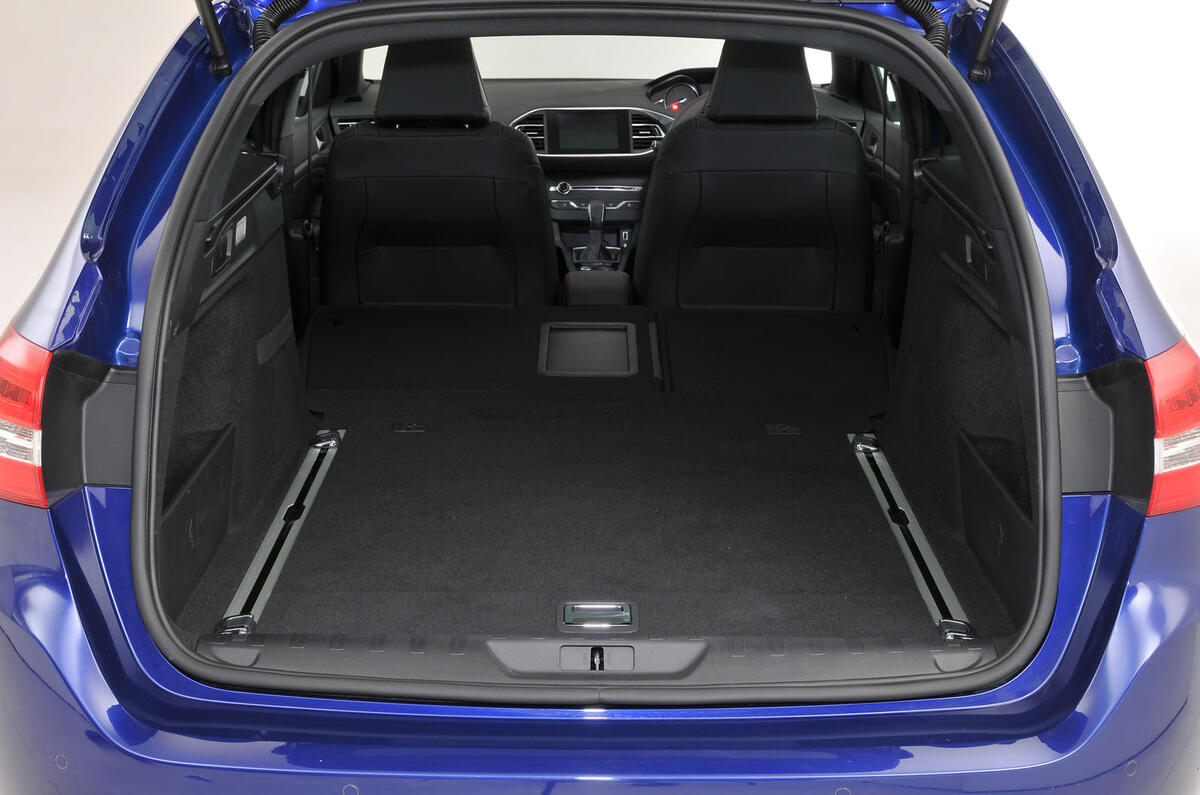
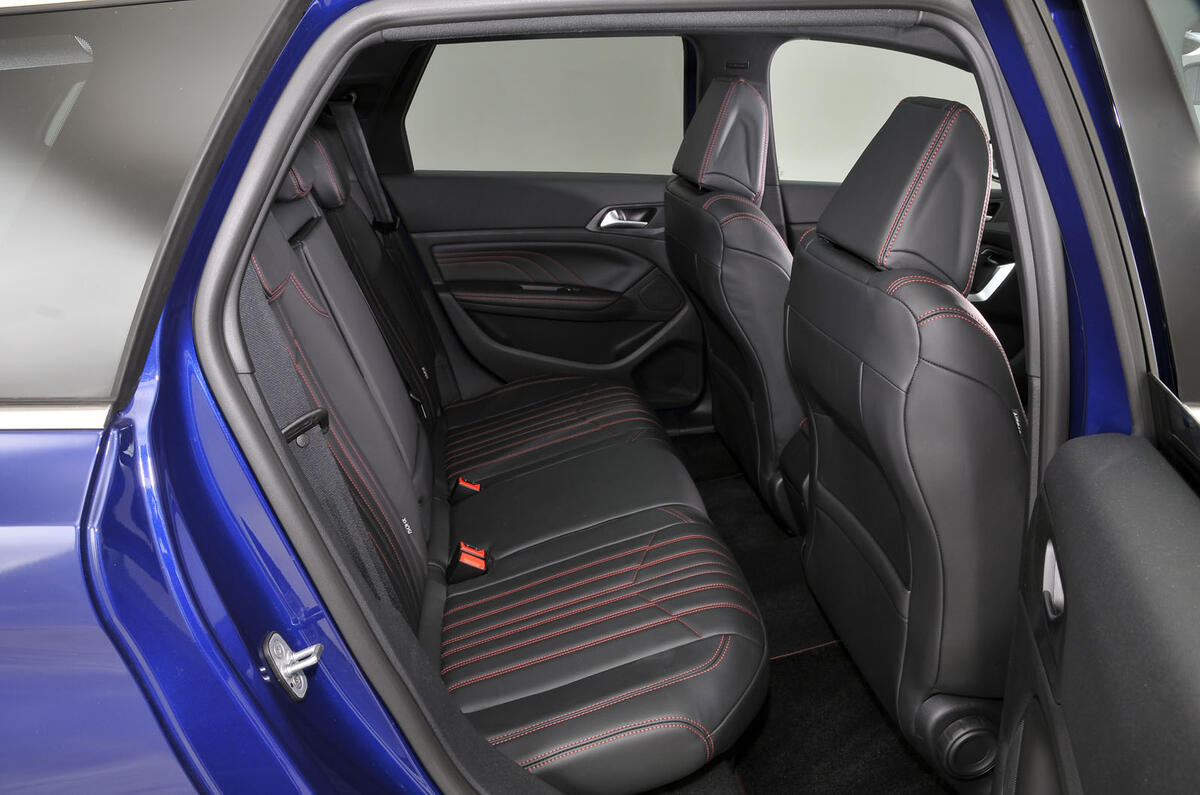



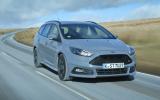
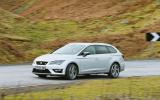




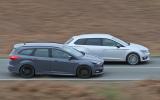







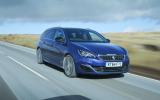
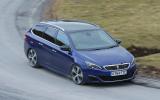
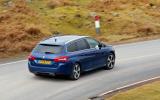

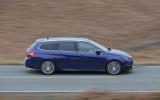
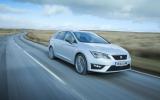

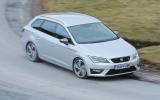

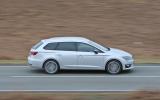
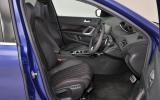
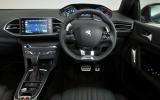
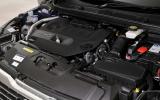
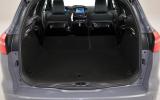
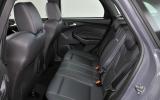
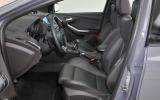
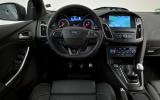
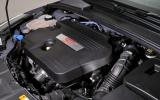
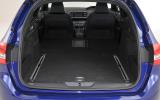
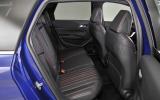


Join the debate
Add your comment
Peugeot Better Engine?
Jimbbobw1977 wrote:The
I think they are, but with different ECU settings, and different gear ratios
Yawn...
Lightningduck wrote
Yawn ? That yawn would be wiped off your face is you were driven in any of the "diesels" that have won Le Mans over the past 10 years. Really, whats to yawn at, other than your 15 years out of date predjudice ?
"...while it’s not Ford’s